Three Identical Strangers
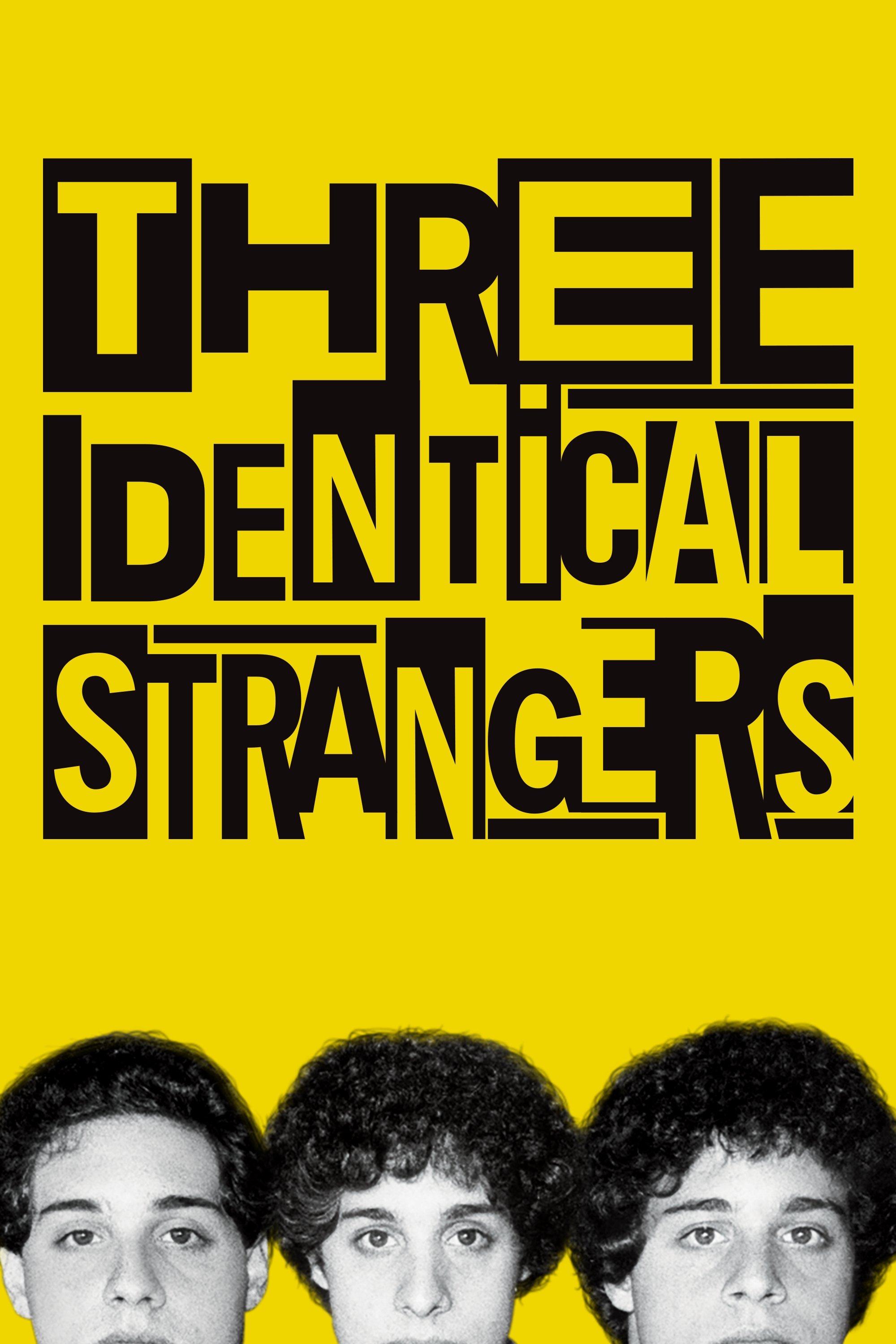
Reviews
Stephen Campbell
**_Interesting and reasonably well-made, but morally questionable in how it presents some of the material_** > _I'm sure it all started with some distinguished psychiatrist and a roomful of people, and the brilliant idea arises of a new way of studying nature versus nurture. "Okay, we’ll separate these kinds and watch them grow." This is nightmarish, Nazi shit._ - Elyse Schein and Paula Bernstein quoting Bobby Shafran; _Identical Strangers: A Memoir of Twins Separated and Reunited_ (2007) What is the primary factor in making us who we are? Were the truly great figures of pure evil – Elizabeth Báthory, Adolf Hitler, Harold Shipman, Peter Scully, Adam Sandler – always destined to become who they became, or are there to be found moments and influences in their environment which turned them into the monsters with whom we're familiar? If our destiny is genetically encoded at the moment of our conception, can we really say there is such a thing as human agency? In short, it's the age-old question of nature vs. nurture; does biological determinism supersede free will? Focused on precisely these questions, twin studies involve researching twins to so as to compare and contrast the importance of genetic factors against environmental factors. A branch of behavioural genetics, when most people hear the term "twin studies", they probably think of Josef Mengele's sickening experiments in Auschwitz. However, these experiments were inhuman and not even remotely typical of scientifically approved twin studies, which are an accepted, if somewhat controversial, attempt to determine the etiology of differential psychologies in individuals who are genetically similar. And these are the murky waters charted by director Tim Wardle's _Three Identical Strangers_. Covering some of the same ground as Elyse Schein and Paula Bernstein's book, _Identical Strangers: A Memoir of Twins Separated and Reunited_ (2007), and Lori Shinseki's documentary _The Twinning Reaction_ (2017), the film presents a bizarre stranger-than-fiction story, which begins as a light-hearted human-interest piece before taking several darker turns. A big hit at the 2018 Sundance Film Festival, where it won the US Documentary Special Jury Award for Storytelling, _Strangers_ is hotly tipped for Oscar glory, and has been almost universally well-received by critics (96% approval on Rotten Tomatoes at time of writing). However, for me, although the fascinating central story is undoubtedly gripping, there are just too many egregious problems in the telling, including an excess of distasteful sensationalism; a dearth of contextualising scientific information; overly simplistic ethical, moral, philosophical, and esoteric conclusions; stylistic drabness; and an overreliance on plot twists, which often forces the filmmakers to manipulate the material beyond what you would expect normal of a documentary. The film begins in 1980, as Bobby Shafran heads for his first day at Sullivan County Community College in New York. However, upon arriving, he is taken aback by how friendly everyone seems, with people acting as if they know him, and welcoming him back. Meanwhile, Bobby is approached by second-year student Michael Domnitz, who had heard that his friend Eddy Gallan had returned to school. Coming to say hi, Domnitz is stunned when he encounters Bobby, who he now sees is identical to Eddy. Learning that Bobby was adopted, and was born on July 12, 1961, Domnitz tells him he has a twin brother. After Bobby and Eddy met, their story is reported nationally, and reading a newspaper article about the twins, David Kellman is stunned by what he sees – he looks exactly like them, he too was adopted, and he too was born on July 12, 1961. The twins were, in fact, triplets. The trio quickly bond, move into an apartment together, and eventually open a restaurant in New York, Triplets Roumanian Steak House. Becoming minor celebrities, they appear on talk shows across the country and have a cameo in Susan Seidelman's _Desperately Seeking Susan_ (1985). However, they and their families are puzzled as to why they had been separated, and why their adoptive parents had not been told they were triplets. Was it a coincidence that Bobby had been placed with an affluent family, Eddy with a middle-class family, and David with a blue-collar family? Did the regular aptitude and psychological tests they received as children, part of what their parents were told was a "_routine childhood-development study_", have anything to do with their separation? What was the involvement of one of the country's largest social service agencies, the Jewish Board of Family and Children's Services? How much did New York's most preeminent Jewish adoption agency, Louise Wise Services, know? How was Dr. Peter B. Neubauer of the Jewish Board's Child Development Centre in Manhattan involved? How did the triplets' birth mother fit into what happened? As they begin to investigate, they soon stumble upon a series of shocking secrets that would change their lives, and the lives of many others, forever. _Three Identical Strangers_ starts out as jaunty as you could possibly imagine – Bobby heading off to college as Rainbow's "Since You Been Gone" (1978) plays on the radio. Within the first half-hour, the film also features cheerful montages cut to Katrina and the Waves' "Walking on Sunshine" (1983) and Kim Wilde's "Kids in America" (1981). Ominous this most certainly isn't; with the early parts of the documentary presented as if this were a feel-good story no different from any you might see on daytime TV shows such as _The Phil Donahue Show_ or _The Oprah Winfrey Show_. This makes sense, given how much time the triplets spent on such TV shows. Indeed, so laidback are these early scenes that the whole thing could easily be the opening episode of a sitcom about three likeable guys accidentally learning they're brothers and going on a madcap adventure together. Another noticeable structural element concerns what Wardle and editor Michael Harte referred to at a Q&A after a screening in Dublin as a "_past tense_" and a "_present tense_". The past tense section covers roughly the first half of the film, running up to the end of the first round of interviews, which were conducted from 2011-2015. The present tense section then picks up in 2016. The transition between the two is pretty obvious, but it's worth mentioning as it's not something you usually see in a documentary. Half-way through the film, Wardle thanks Bobby and David, who are being interviewed separately, and they say goodbye, get up, and leave the room. It's very unusual to see a documentary film drawing attention to its own artifice in this manner – the furthest most will go will be to include the interviewer's voice, but even that is relatively rare. By featuring a scene like this, especially so early in the film, Wardle and Harte are alerting the audience to the fact that something has changed, and from here on out, things are going to be in a different register; their use of tenses to describe this shift is as accurate a description as you're going to get, almost as if we've moved from pre-recorded material to live footage. It soon becomes apparent that the second half of the film is much less focused on narrative than the first, whereas the first is relatively light in the way of moral, ethical, or philosophical musing. The second, in contrast, becomes increasingly esoteric as the brothers struggle to find out the "why" of what happened to them. Both halves feature a mixture of talking heads, archival footage, and reconstructions, but almost all of the reconstruction material and most of the archival footage is confined to the first half, which is a good indication as to the different contents, and all in all, it's a well-managed structural technique. One such technique, however, which doesn't work is Wardle and Harte's decision to repeat certain footage at key moments in the film. So, for example, when an important bit of information is revealed in the present, there are "flashbacks" to the relevant moment(s) in the past whose meaning has been altered due to the new contextualisation – think Bryan Singer's _The Usual Suspects_ (1995) or Christopher Nolan's _Memento_ (2000). The problem with this is two-fold; a) the technique is used far, far too often; and, b) it's sensationalist and manipulative. In a fiction film, this kind of thing can work both aesthetically and thematically, because fictional narratives are focalised, told from either a singular or multiple points-of-view. Within this context, repeating previously seen footage can work very well. Documentaries are not focalised (or they shouldn't be), and as we once again hear dialogue we heard sometimes only 15 minutes previously, the technique (which is not even done in an especially artistic manner) cheapens the whole process, as if the director is literally appearing on screen to remind us not only of why such and such a piece of information is important, but of how it should re-shape our perception of previous events. This goes beyond hand-holding, and into brow-beating. And with what is this brow-beating concerned? The film really has two major themes; morality/ethics and nature vs. nurture. In terms of morality, at the Dublin Q&A, Wardle referred to the scientists behind splitting the triplets up as succumbing to "noble cause corruption", arguing that they probably set out to accomplish something laudable, but were not above using unethical means to do so. That Neubauer, in particular, could allow this to happen is especially ironic, given the obvious touchstone of Nazi experimentation with Jewish prisoners, and his background as an Austrian Jew who had fled the Holocaust. It does, however, seem strange that when examining the morality of what was done to the brothers, Wardle makes no mention of David Reimer, a male who was reassigned as a girl in 1965 when he was only a few months old and raised female, based upon dishonest advice given to his parents by psychologist John Money, who was attempting to prove that gender identity is learned. As there are a lot of parallels between the brothers' stories and Reimer's, and between Neubauer and Money, including a reference or two would have helped contextualise things. As to the question of nature vs. nurture, initially, events seem to point very much to nature – the brothers all smoked the same brand of cigarettes; they had all been amateur wrestlers; they had the same taste in women; they had similar speech patterns. The media at the time ate this up, with their appearances on talk shows designed to leave the audience stunned at their similarities. However, as the documentary goes on, the argument shifts, with the brothers themselves admitting they emphasised their similarities at the time, and the media was more than happy to ignore any differences, leading to what was apparently a clear win for biological determinism. As time went on, their differences began coming to the surface, and ultimately, the documentary very much argues in favour of nurture. However, how it goes about establishing this argument is extremely questionable, with Wardle sliding more and more into sensationalism. So intent is he on controlling our perceptions that he leaves out a massive piece of information until such time as he deems it pertinent to reveal, and when he does so, he explicitly tells us what to think about it, pushing us to one specific response, when the event cries out for a more ambiguous presentation. It's difficult to go into any of this without straying into spoilers, so consider the rest of this paragraph a spoiler. Essentially, Wardle paints the suicide of one of the brothers as unquestionably the result of his adopted father's harsh disciplinarian parenting, a father who is still alive, and who appears in the film. Wardle and Harte do this by cutting from a clip of that father wondering if he had a role in the suicide to one of the other brothers basically saying, to paraphrase, "_I'm still alive because my parents weren't as strict as his_." Blaming his death entirely on parenting in this manner is facile, grossly overly simplistic, and offensive. In fact, the way Wardle handles the suicide in general is deplorable, teasing it and teasing it, before gleefully revealing it for maximum tabloid-esque shock value. The sense of Wardle manipulating the material isn't helped by the fact that the absence of the third brother from the talking head interviews tips off the audience from the get-go as to where the story is heading. Why not just state it right up front, cutting back on the silly twist element of the narrative? It's not like people would get up and walk out upon seeing a "spoiler" like that at the outset – this is a documentary, not an M. Night Shyamalan film. There are other problems, however. Aesthetically, the documentary is drab and dull, almost lifeless. With nothing cinematic about it whatsoever, it could easily be a report from a TV news magazine show, designed for maximum exposure rather than artistic inventiveness. The recreations are bland, and the talking head interviews are flat. Additionally, twin studies are a recognised and accepted scientific practice, but Wardle is so intent on making sure we are appalled at what happened to the brothers that he provides almost no context whatsoever. If he had spent less time trying to steer the viewers' emotions and more in providing a broader theoretical framework, the film would have worked much better, allowing the audience to find their own position in relation to what was done rather than simply following the director's lead. He also ignores a great deal of potentially interesting material. For example, why did their restaurant fail? According to the film, it was because of "_different work styles_". Which means absolutely nothing. Why does he not go into this a little? In fact, we never really get any sense of what the brothers' day-to-day life was like after they found each other. When they moved in together, how did that feel, for example? It's as if he doesn't want to dig too deep into anything just in case he finds something that might not fit into the grand narrative he's constructing. The story of T_hree Identical Strangers_ poses fascinating questions about nature vs. nurture and the morality of certain types of research, but the film is so intent on the "nurture" answer that Wardle's subjective opinion comes across far more than it ought. More interested in driving home the shock value of some of the events than providing a penetrating documentary about free will vs biological determinism, there is little here that a reader wouldn't be able to find on Google. Given the outrageousness of the material, that Wardle has made such a conventional film is disappointing. It's an interesting enough piece, but that's more to do with the fascinating subject than the presentation, with the whole thing feeling a little too much like a Wikipedia entry.
Movie Recommendation
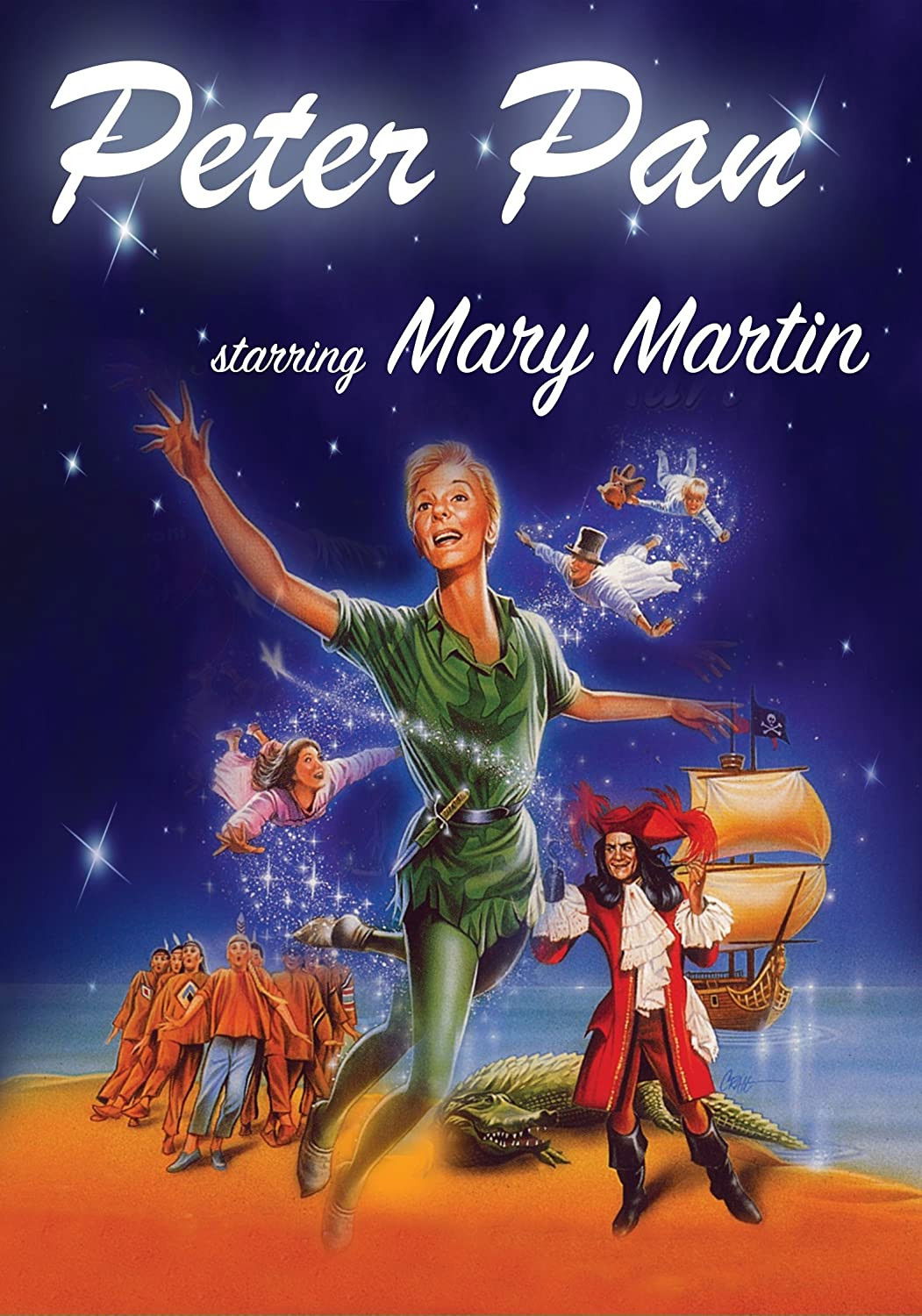 Peter Pan1955-03-07This musical version of the tale of the boy who wouldn't grow up aired live on television on March 7, 1955. It was so popular that it was restaged the following year, and again four years later.More...
Peter Pan1955-03-07This musical version of the tale of the boy who wouldn't grow up aired live on television on March 7, 1955. It was so popular that it was restaged the following year, and again four years later.More...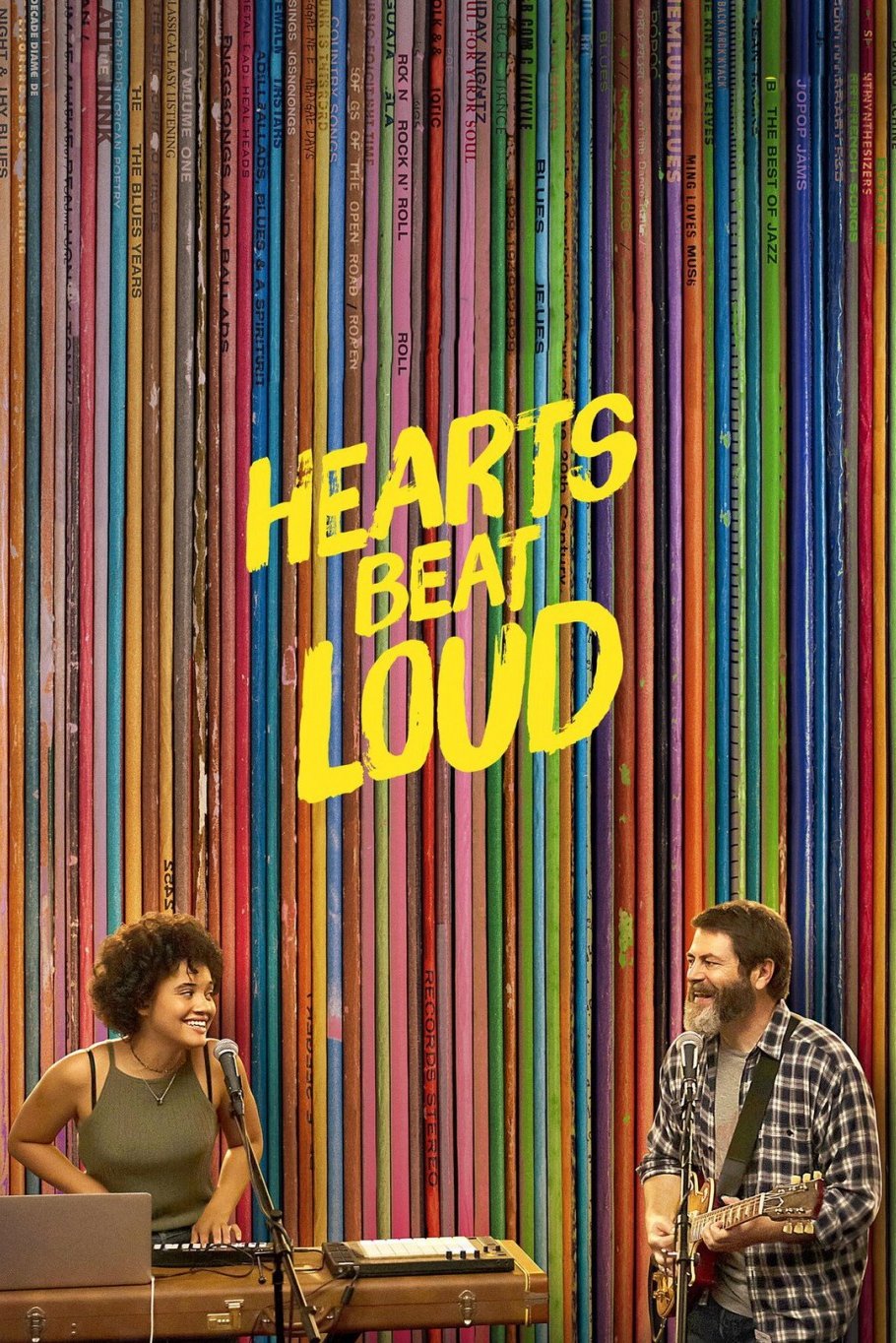 Hearts Beat Loud2018-06-08In the hip Brooklyn neighborhood of Red Hook, single dad and record store owner Frank is preparing to send his hard-working daughter Sam off to college while being forced to close his vintage shop. Hoping to stay connected through their shared musical passions, Frank urges Sam to turn their weekly jam sessions into a father-daughter live act. After their first song becomes an internet breakout, the two embark on a journey of love, growing up and musical discovery.More...
Hearts Beat Loud2018-06-08In the hip Brooklyn neighborhood of Red Hook, single dad and record store owner Frank is preparing to send his hard-working daughter Sam off to college while being forced to close his vintage shop. Hoping to stay connected through their shared musical passions, Frank urges Sam to turn their weekly jam sessions into a father-daughter live act. After their first song becomes an internet breakout, the two embark on a journey of love, growing up and musical discovery.More... Won't You Be My Neighbor?2018-06-29For more than thirty years, and through his television program, Fred Rogers (1928-2003), host, producer, writer and pianist, accompanied by his puppets and his many friends, spoke directly to young children about some of life's most important issues.More...
Won't You Be My Neighbor?2018-06-29For more than thirty years, and through his television program, Fred Rogers (1928-2003), host, producer, writer and pianist, accompanied by his puppets and his many friends, spoke directly to young children about some of life's most important issues.More...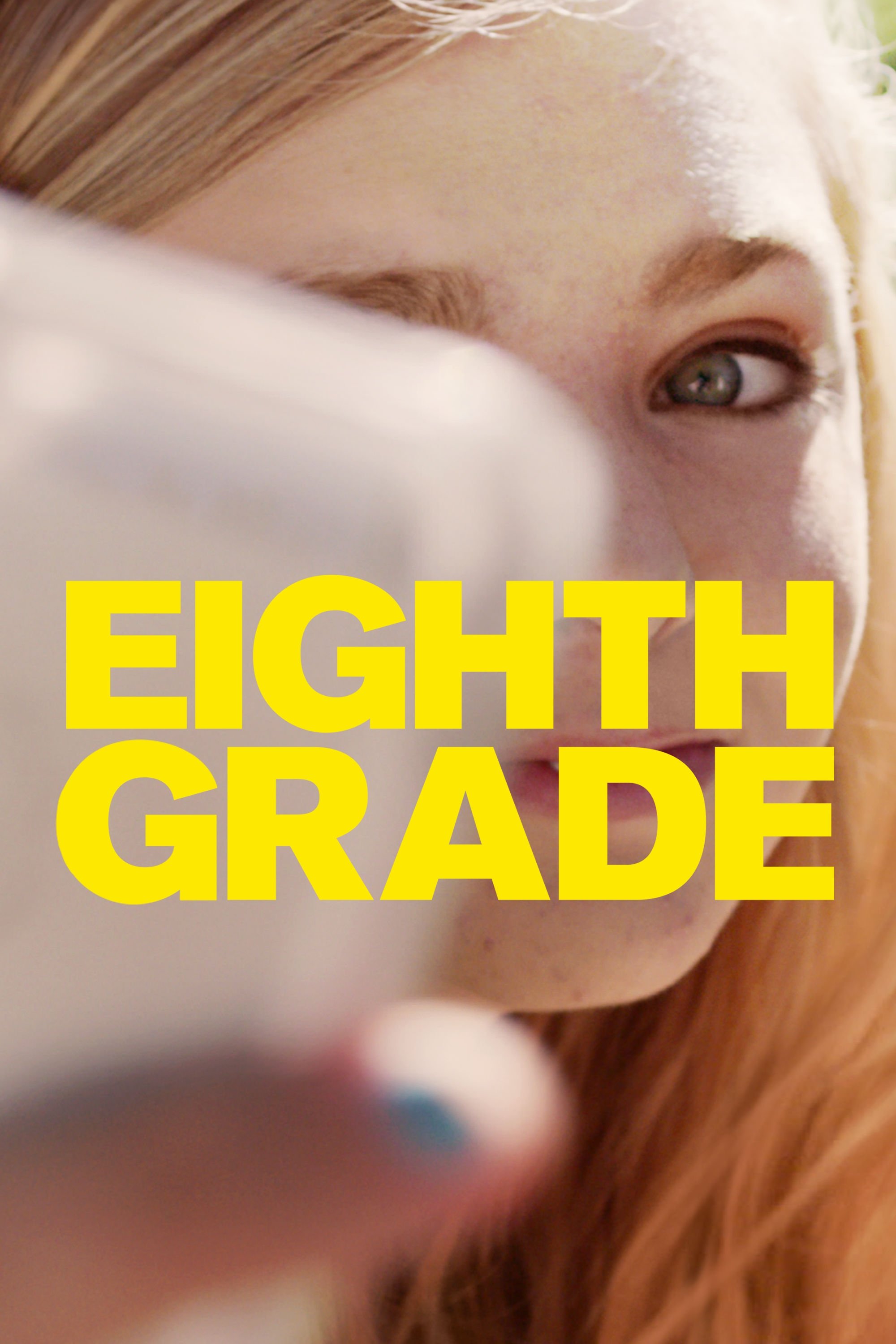 Eighth Grade2018-01-19Thirteen-year-old Kayla endures the tidal wave of contemporary suburban adolescence as she makes her way through the last week of middle school — the end of her thus far disastrous eighth grade year — before she begins high school.More...
Eighth Grade2018-01-19Thirteen-year-old Kayla endures the tidal wave of contemporary suburban adolescence as she makes her way through the last week of middle school — the end of her thus far disastrous eighth grade year — before she begins high school.More...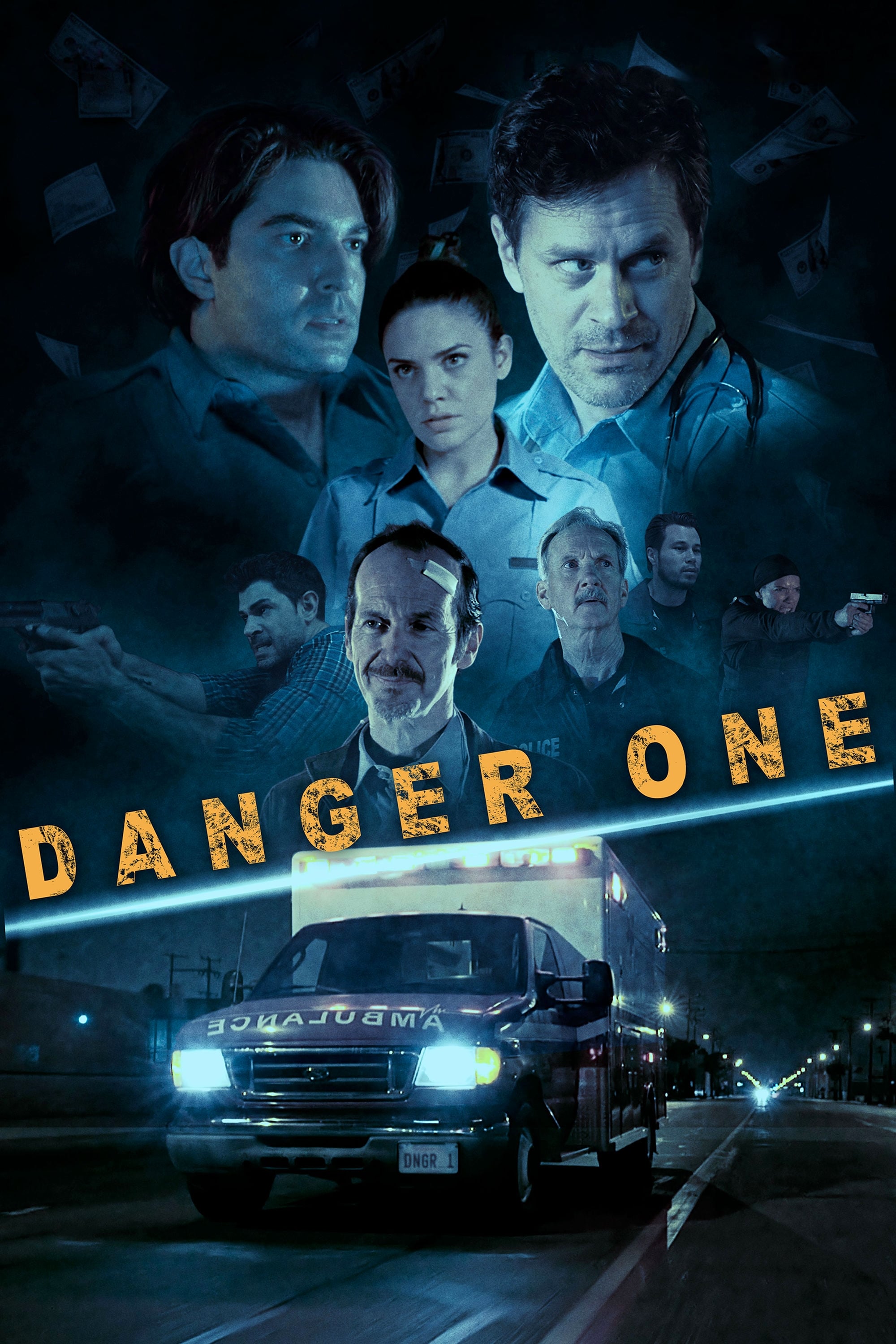 Danger One2018-09-14While transporting a dying man to the hospital, two paramedics find a million dollars in cash sewn into his clothing. When the man dies, they decide to keep it, setting them on a path for a hellish night of violence and mayhem.More...
Danger One2018-09-14While transporting a dying man to the hospital, two paramedics find a million dollars in cash sewn into his clothing. When the man dies, they decide to keep it, setting them on a path for a hellish night of violence and mayhem.More...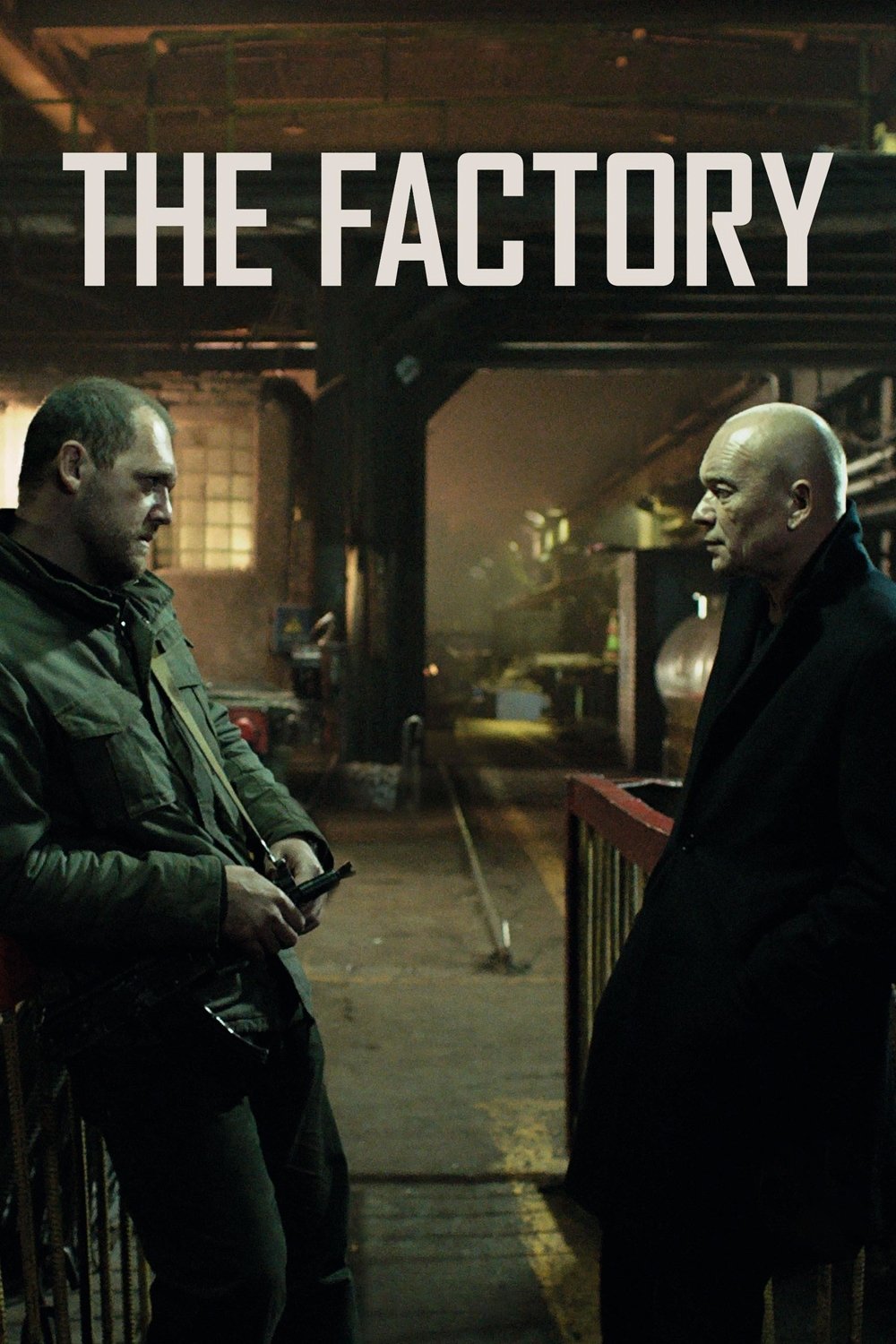 The Factory2018-09-07When a factory is bound to close, a group of workers decides to take action against the owner.More...
The Factory2018-09-07When a factory is bound to close, a group of workers decides to take action against the owner.More...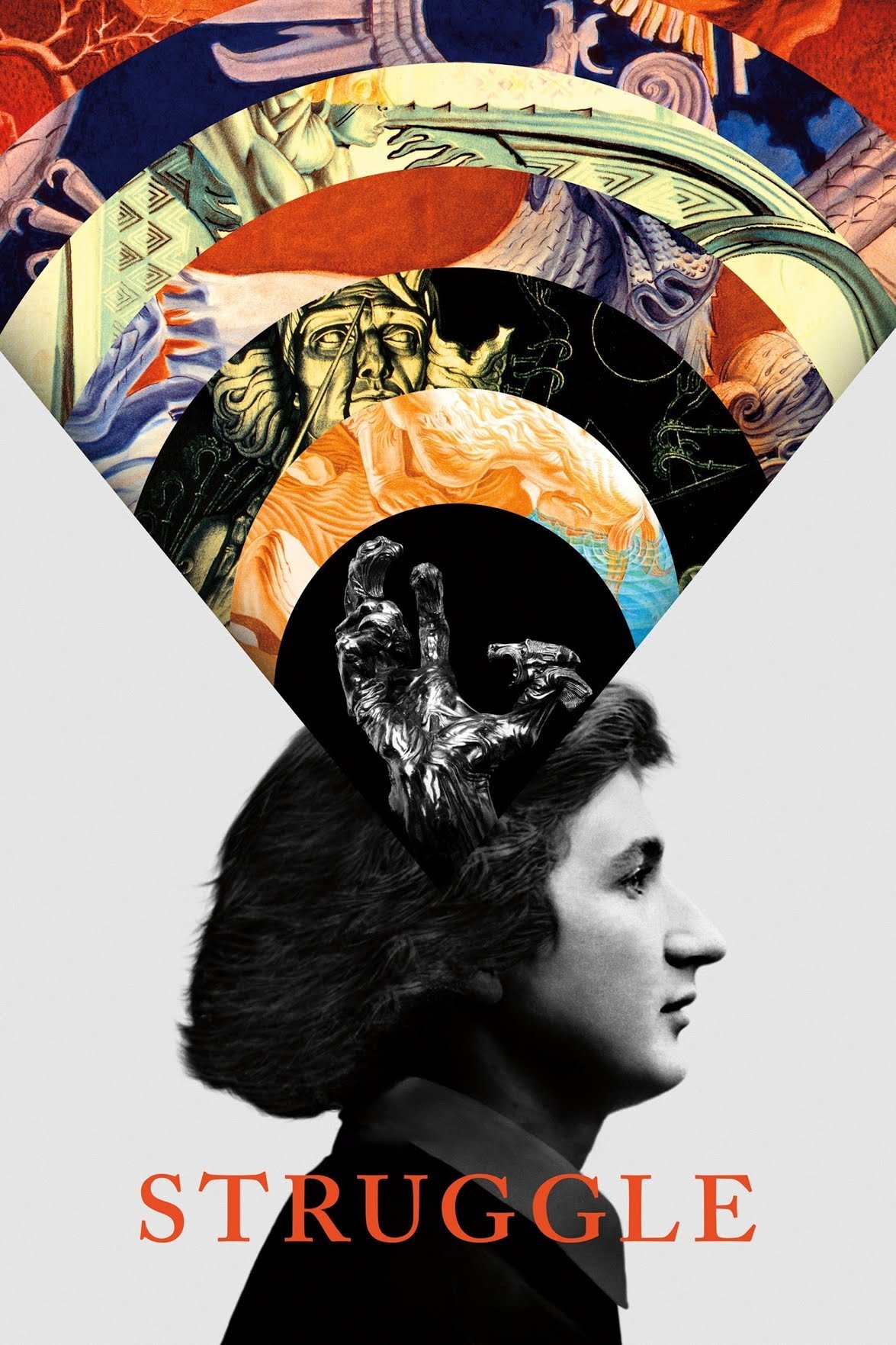 Struggle: The Life and Lost Art of Szukalski2018-12-20Artists in LA discover the work of forgotten Polish sculptor Stanislav Szukalski, a mad genius whose true story unfolds chapter by astounding chapter.More...
Struggle: The Life and Lost Art of Szukalski2018-12-20Artists in LA discover the work of forgotten Polish sculptor Stanislav Szukalski, a mad genius whose true story unfolds chapter by astounding chapter.More...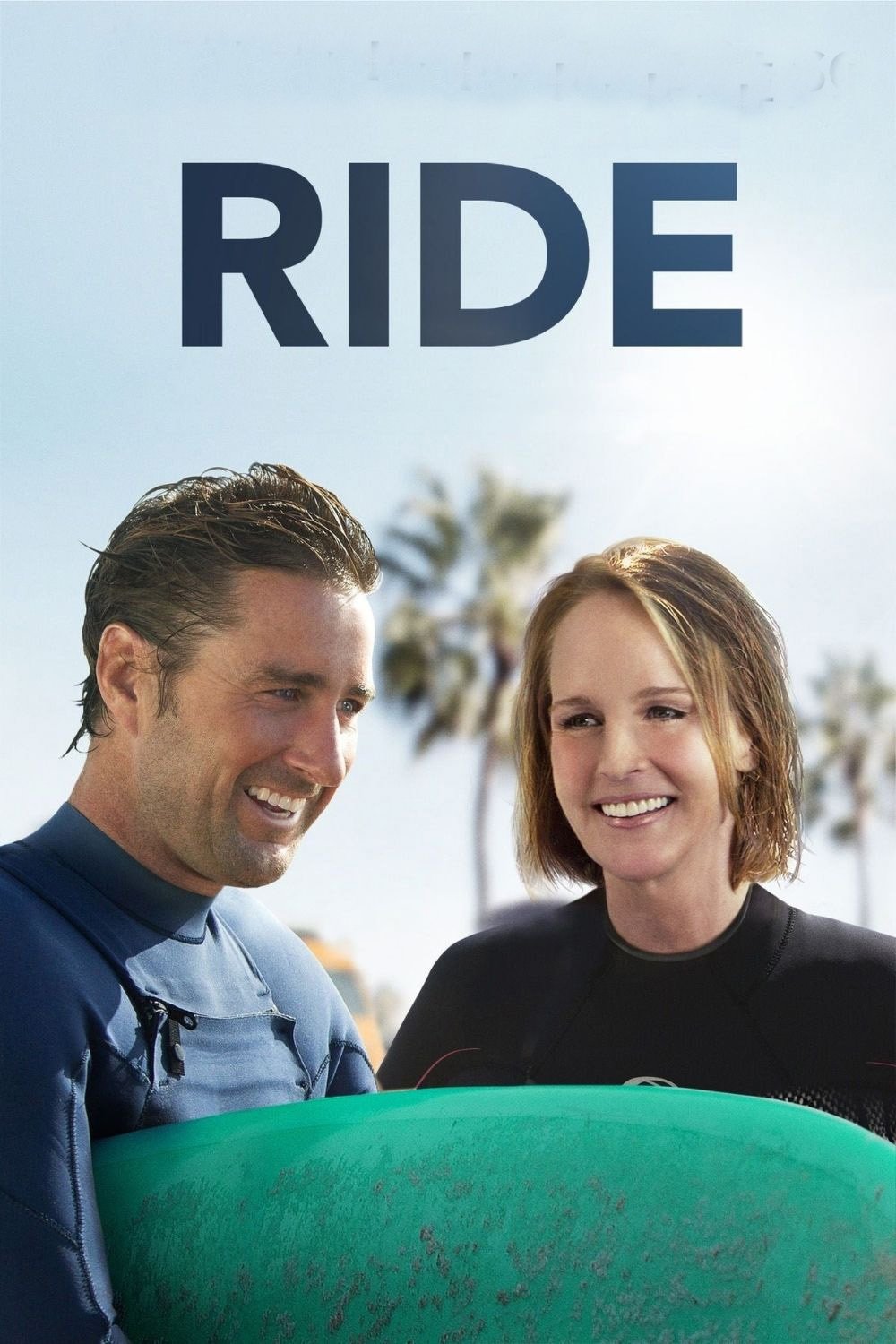 Ride2014-11-08Overbearing mom, Jackie, travels cross-country to be with her son, Angelo, after he drops out of college to become a surfer. She meets a surf instructor who convinces her to try to accept her son's wishes and allow him to follow his dreams.More...
Ride2014-11-08Overbearing mom, Jackie, travels cross-country to be with her son, Angelo, after he drops out of college to become a surfer. She meets a surf instructor who convinces her to try to accept her son's wishes and allow him to follow his dreams.More... This Is Paris2020-09-14Meet the real Paris Hilton for the very first time as she embarks on a journey of healing and reflection, reclaiming her true identity along the way.More...
This Is Paris2020-09-14Meet the real Paris Hilton for the very first time as she embarks on a journey of healing and reflection, reclaiming her true identity along the way.More...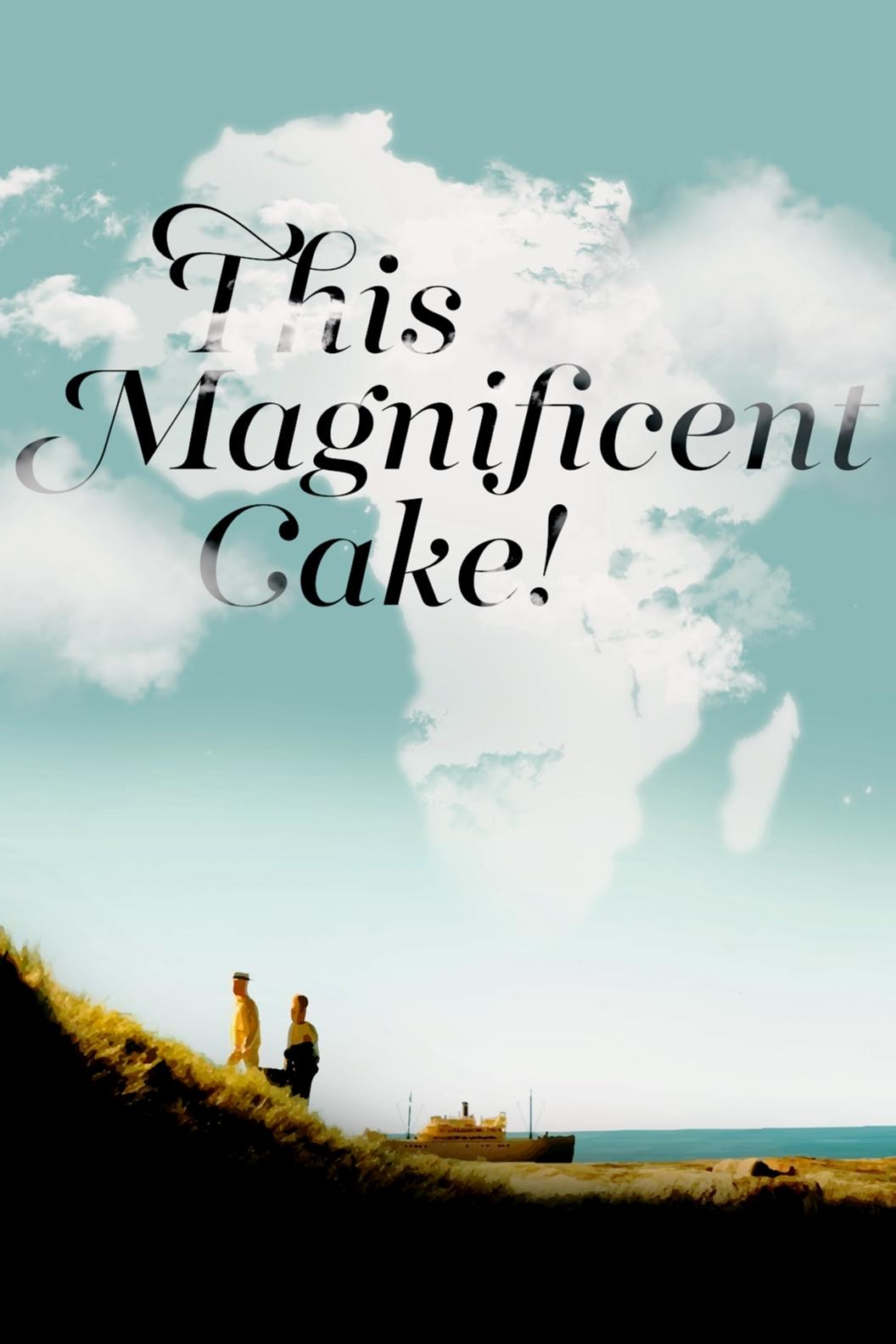 This Magnificent Cake!2018-12-20In 1885, Africa is a succulent cake destined to be wildly divided and everyone wants a piece. A disturbed European king, a Pygmy working in a luxury hotel, a successful but lonely businessman, an enslaved porter, a young army deserter, a ghostly clarinetist. Some benefit from colonialism and greed. Others suffer racism and violence.More...
This Magnificent Cake!2018-12-20In 1885, Africa is a succulent cake destined to be wildly divided and everyone wants a piece. A disturbed European king, a Pygmy working in a luxury hotel, a successful but lonely businessman, an enslaved porter, a young army deserter, a ghostly clarinetist. Some benefit from colonialism and greed. Others suffer racism and violence.More... Take Me Somewhere Nice2019-05-23A teen raised in the Netherlands by her single mother travels to their native Bosnia to visit the father who left them, as he’s been admitted to a rural hospital. Joined by her cousin and his best friend, they hit the road.More...
Take Me Somewhere Nice2019-05-23A teen raised in the Netherlands by her single mother travels to their native Bosnia to visit the father who left them, as he’s been admitted to a rural hospital. Joined by her cousin and his best friend, they hit the road.More...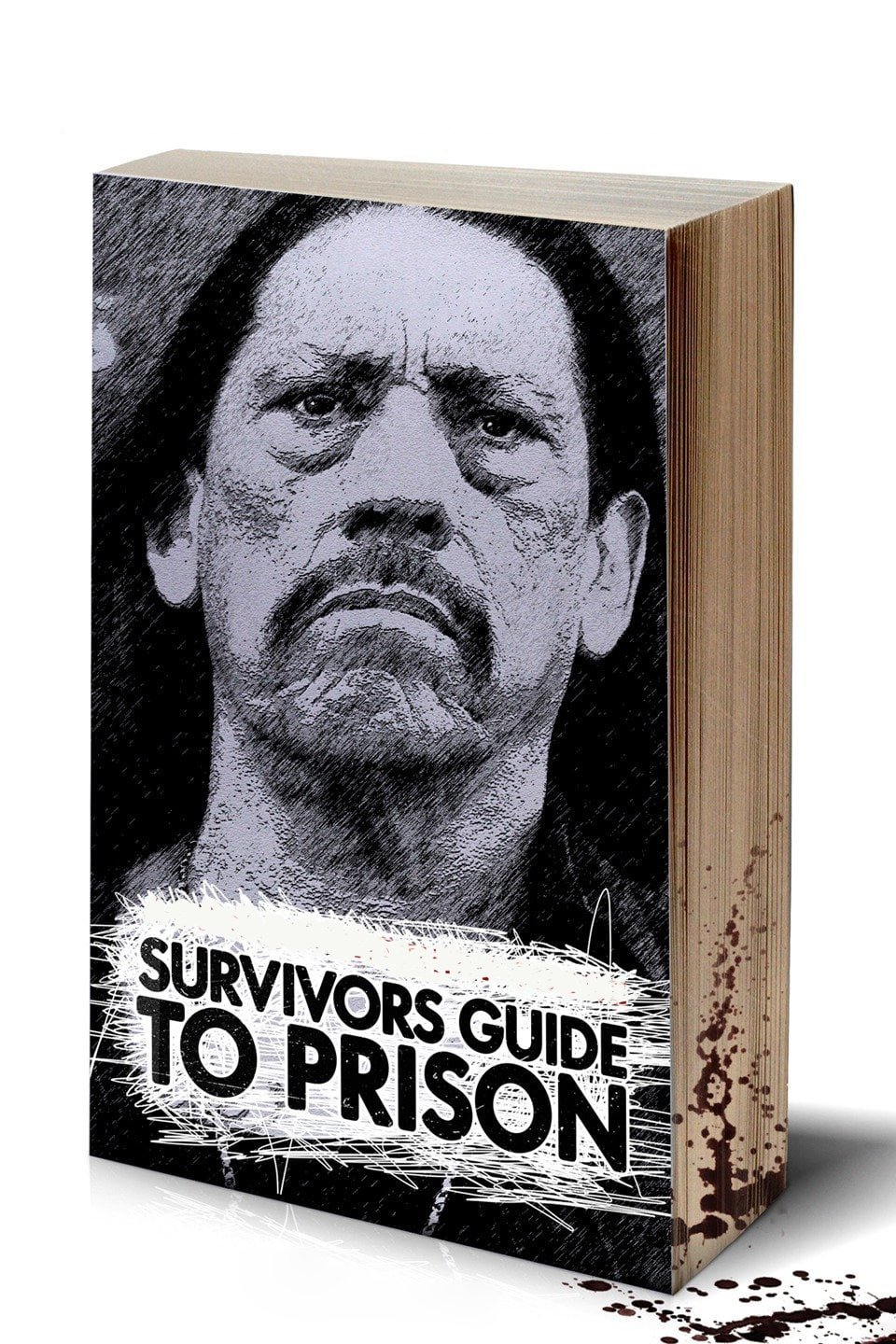 Survivor's Guide to Prison2018-02-23Today, you're more likely to go to prison in the United States than anywhere else in the world. So in the unfortunate case it should happen to you - this is the Survivors Guide to Prison.More...
Survivor's Guide to Prison2018-02-23Today, you're more likely to go to prison in the United States than anywhere else in the world. So in the unfortunate case it should happen to you - this is the Survivors Guide to Prison.More...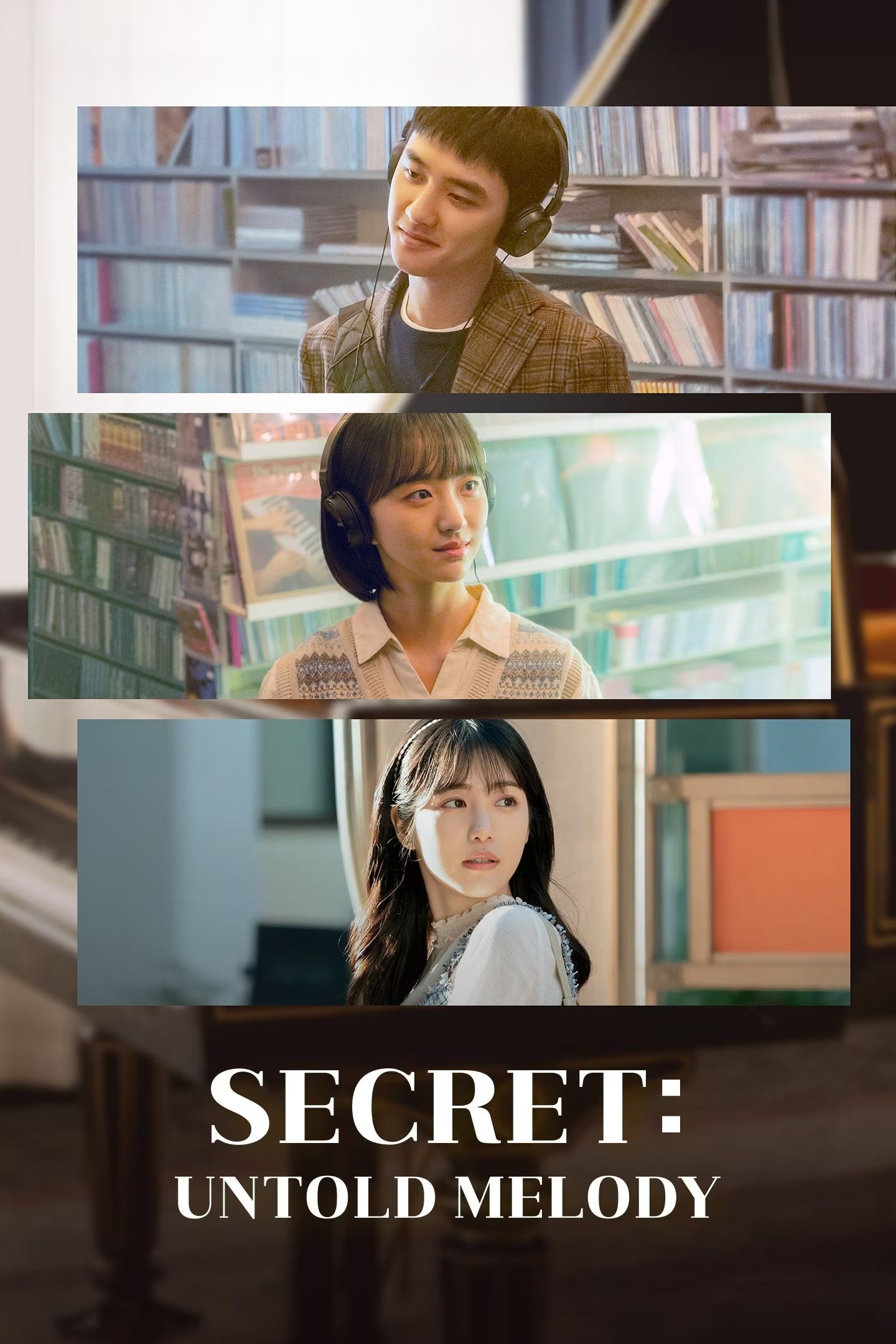 Secret: Untold Melody2025-01-27A promising pianist in a slump has a chance meeting with a young woman playing mysterious music, and the encounter forces him to make a once-in-a-lifetime choice.More...
Secret: Untold Melody2025-01-27A promising pianist in a slump has a chance meeting with a young woman playing mysterious music, and the encounter forces him to make a once-in-a-lifetime choice.More...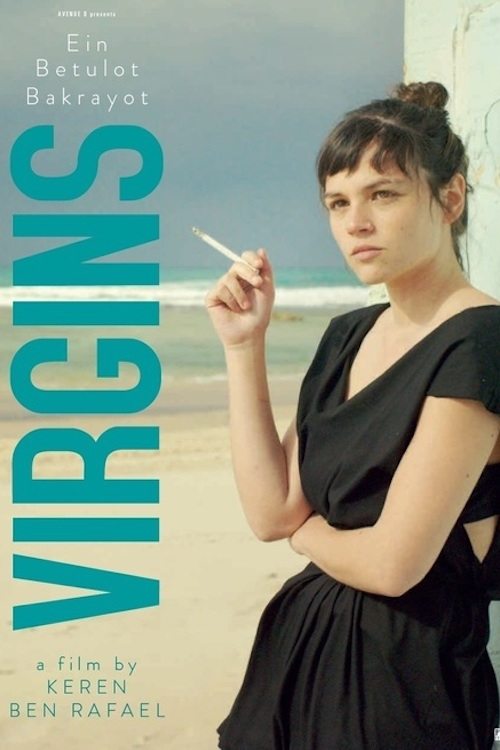 Virgins2018-07-25Teenage Lana is languishing in her run-down hometown on Israel’s sun-soaked north coast—until an older, attractive writer arrives with tales of a mermaid sighting off the shore of the declining resort town.More...
Virgins2018-07-25Teenage Lana is languishing in her run-down hometown on Israel’s sun-soaked north coast—until an older, attractive writer arrives with tales of a mermaid sighting off the shore of the declining resort town.More... VS.2018-10-19VS. is an urban rites of passage drama set in the hostile and exciting UK rap battle scene.More...
VS.2018-10-19VS. is an urban rites of passage drama set in the hostile and exciting UK rap battle scene.More... Springsteen on Broadway2018-12-15Bruce Springsteen shares personal stories from his life and acoustic versions of some of his best-known songs in an intimate one-man show.More...
Springsteen on Broadway2018-12-15Bruce Springsteen shares personal stories from his life and acoustic versions of some of his best-known songs in an intimate one-man show.More...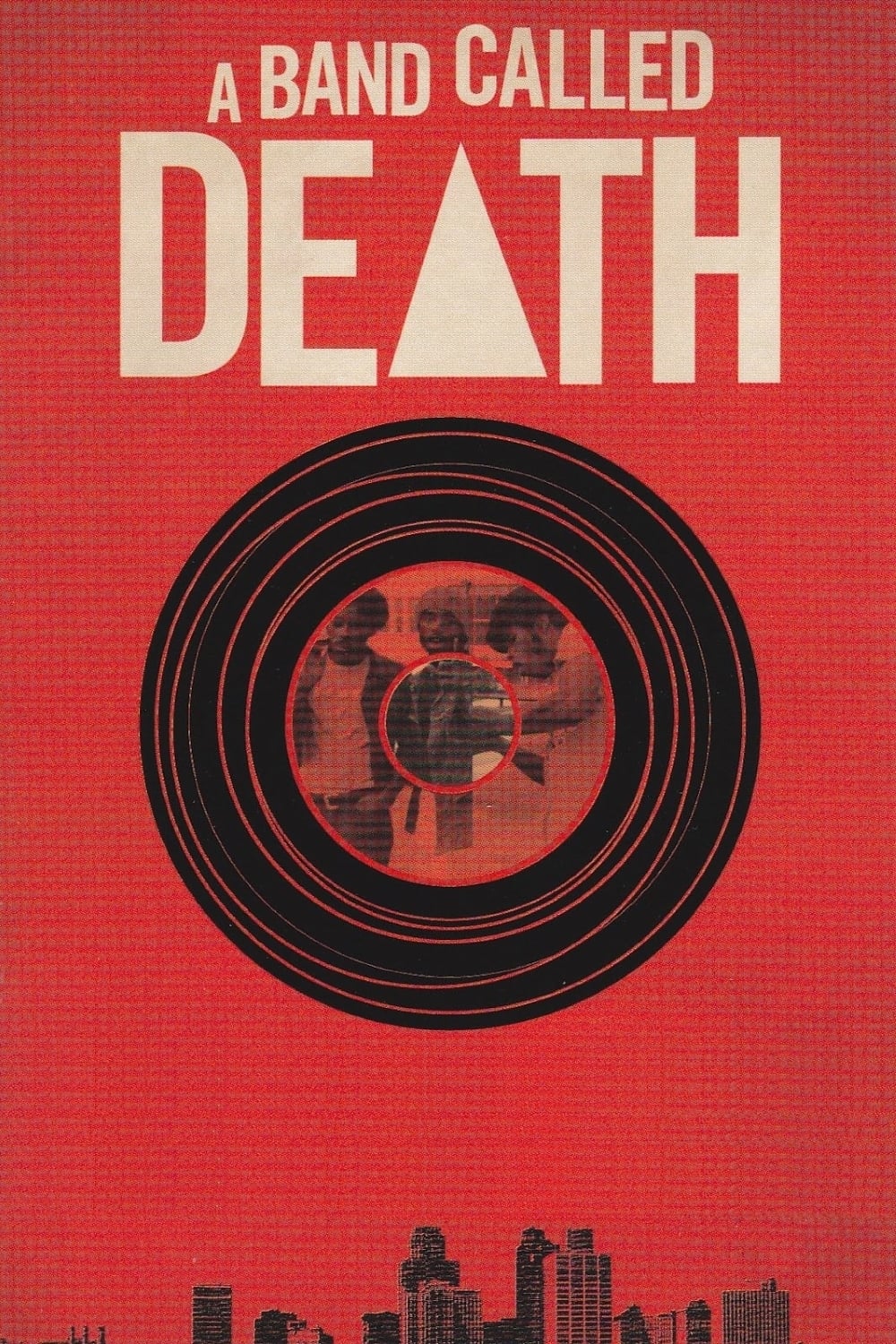 A Band Called Death2013-06-27Before Bad Brains, the Sex Pistols or even the Ramones, there was Death. Formed in the early '70s by three teenage brothers from Detroit, Death is credited as being the first black punk band, and the Hackney brothers, David, Bobby, and Dannis, are now considered pioneers in their field. But it wasn’t until recently — when a dusty 1974 demo tape made its way out of Bobby’s attic nearly 30 years after Death’s heyday — that anyone outside a small group of punk enthusiasts had even heard of them.More...
A Band Called Death2013-06-27Before Bad Brains, the Sex Pistols or even the Ramones, there was Death. Formed in the early '70s by three teenage brothers from Detroit, Death is credited as being the first black punk band, and the Hackney brothers, David, Bobby, and Dannis, are now considered pioneers in their field. But it wasn’t until recently — when a dusty 1974 demo tape made its way out of Bobby’s attic nearly 30 years after Death’s heyday — that anyone outside a small group of punk enthusiasts had even heard of them.More...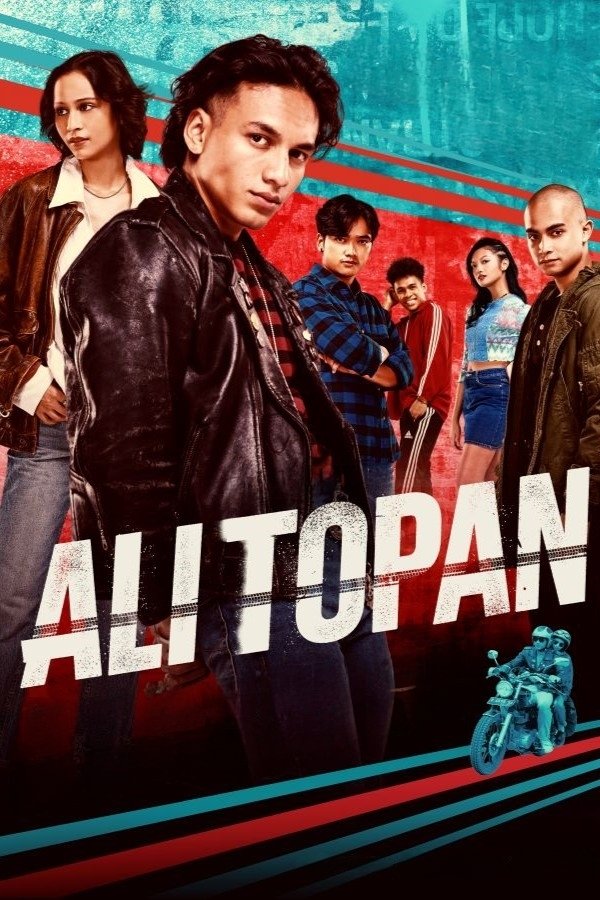 Ali Topan2024-02-14Ali Topan who is a hooligan with a motorbike who always roams the streets. His motivation that needs money for his life makes him ready to do work without much talk. Until he works as a private detective, journalist until he is ready to solve cases.More...
Ali Topan2024-02-14Ali Topan who is a hooligan with a motorbike who always roams the streets. His motivation that needs money for his life makes him ready to do work without much talk. Until he works as a private detective, journalist until he is ready to solve cases.More...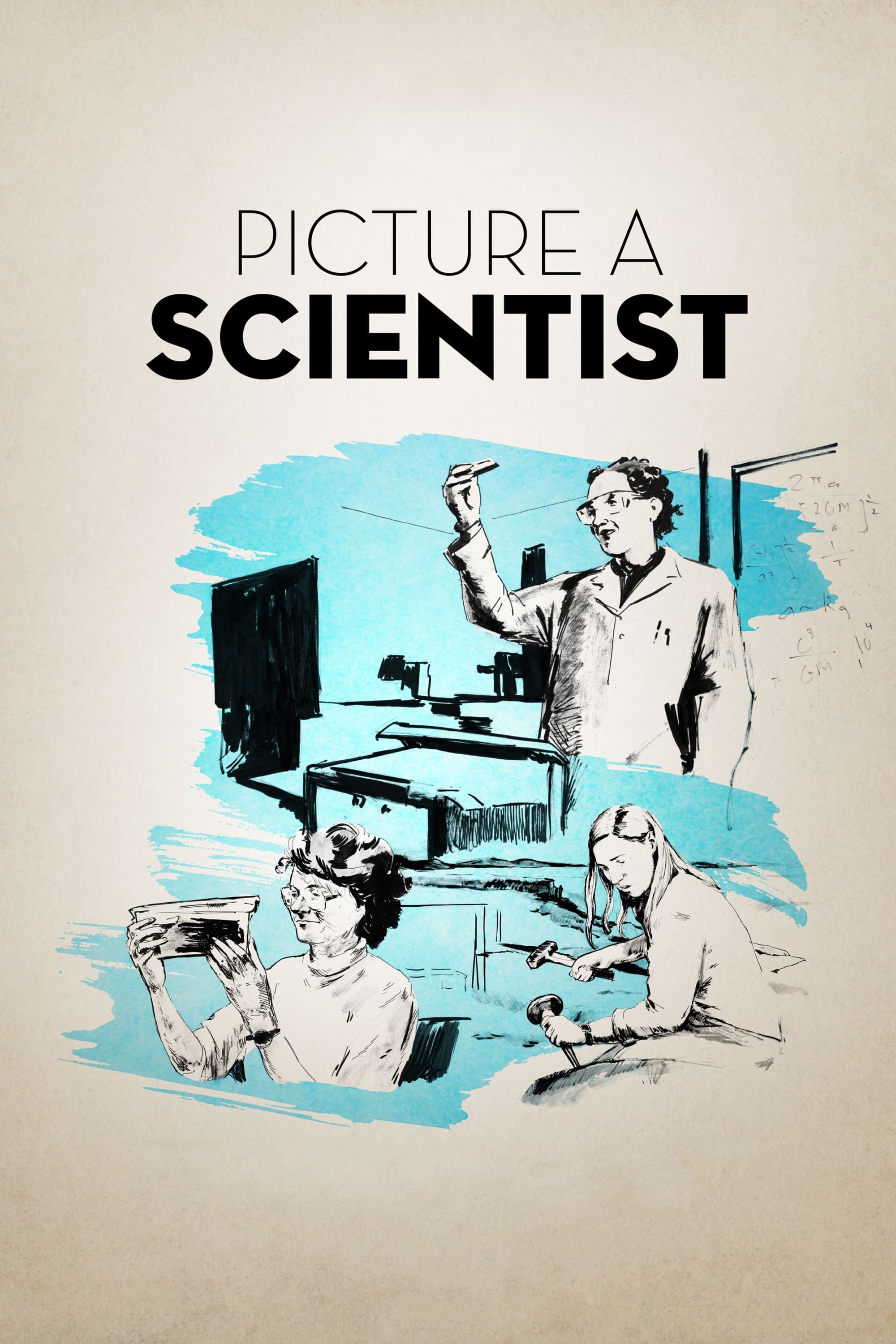 Picture a Scientist2020-11-11A documentary that looks at systemic sexism faced by women scientists in STEM fields.More...
Picture a Scientist2020-11-11A documentary that looks at systemic sexism faced by women scientists in STEM fields.More... The Secret Glory2001-09-04A British-produced documentary about the bizarre life of Nazi SS officer Otto Rahn, focused on his search for the mystical Holy Grail of Christ.More...
The Secret Glory2001-09-04A British-produced documentary about the bizarre life of Nazi SS officer Otto Rahn, focused on his search for the mystical Holy Grail of Christ.More...
Similar Movies
Good Hair
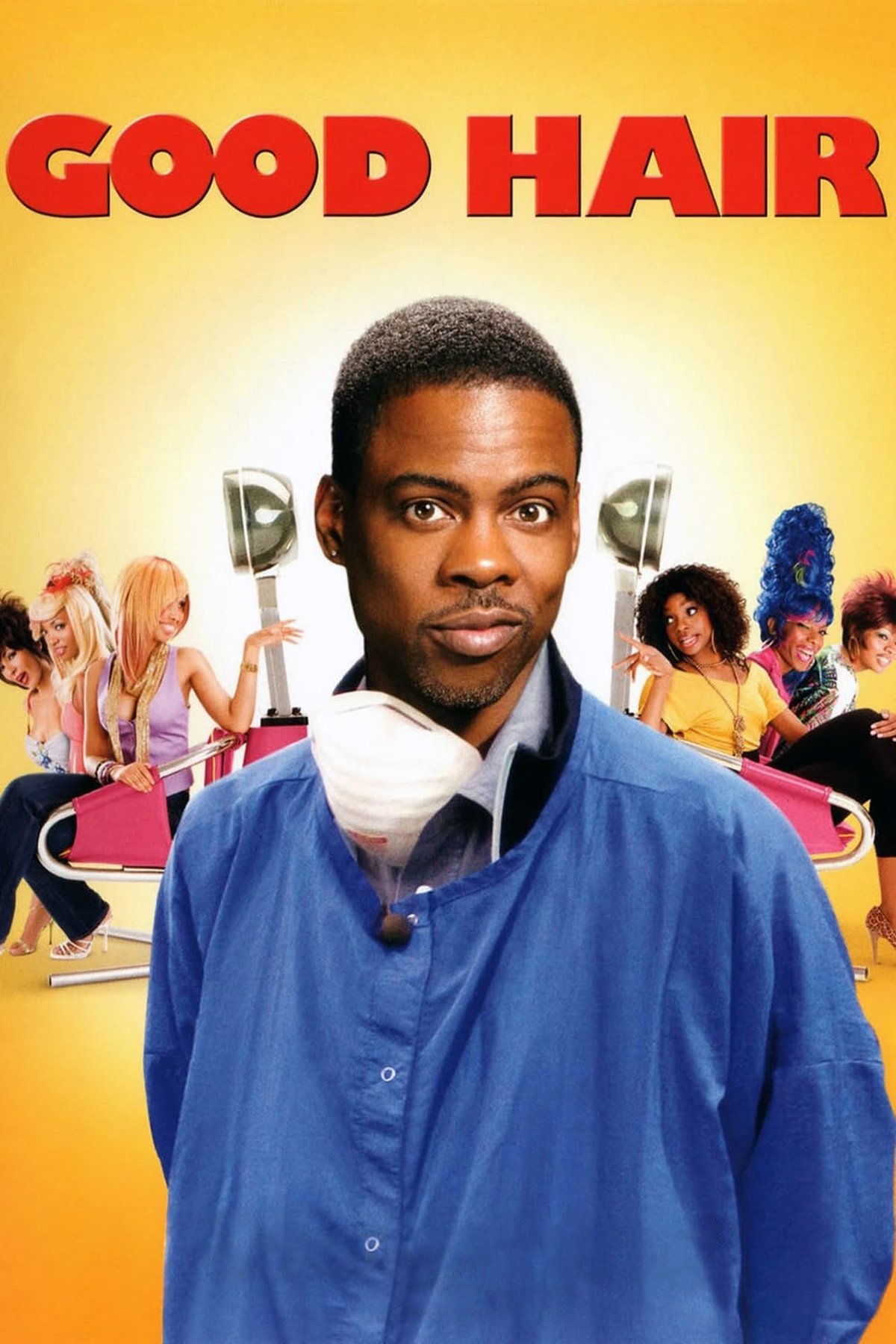 2009-10-09An exposé of comic proportions that only Chris Rock could pull off, GOOD HAIR visits beauty salons and hairstyling battles, scientific laboratories and Indian temples to explore the way hairstyles impact the activities, pocketbooks, sexual relationships, and self-esteem of the black community.
2009-10-09An exposé of comic proportions that only Chris Rock could pull off, GOOD HAIR visits beauty salons and hairstyling battles, scientific laboratories and Indian temples to explore the way hairstyles impact the activities, pocketbooks, sexual relationships, and self-esteem of the black community.My Flesh and Blood
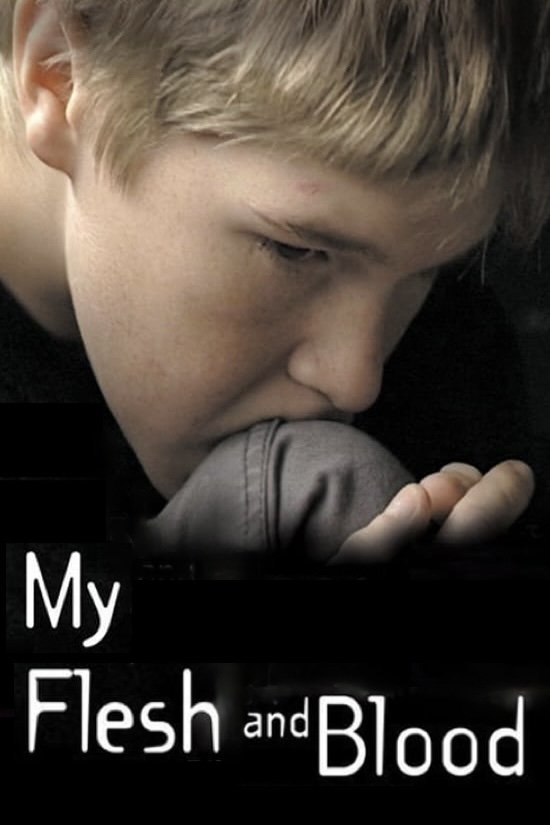 2003-04-25My Flesh and Blood is a 2003 documentary film by Jonathan Karsh chronicling a year in the life of the Tom family. The Tom family is notable as the mother, Susan, adopted eleven children, most of whom had serious disabilities or diseases. The film itself is notable for handling the sensitive subject matter in an unsentimental way that is more uplifting than one might expect.
2003-04-25My Flesh and Blood is a 2003 documentary film by Jonathan Karsh chronicling a year in the life of the Tom family. The Tom family is notable as the mother, Susan, adopted eleven children, most of whom had serious disabilities or diseases. The film itself is notable for handling the sensitive subject matter in an unsentimental way that is more uplifting than one might expect.I Think You've Been L...
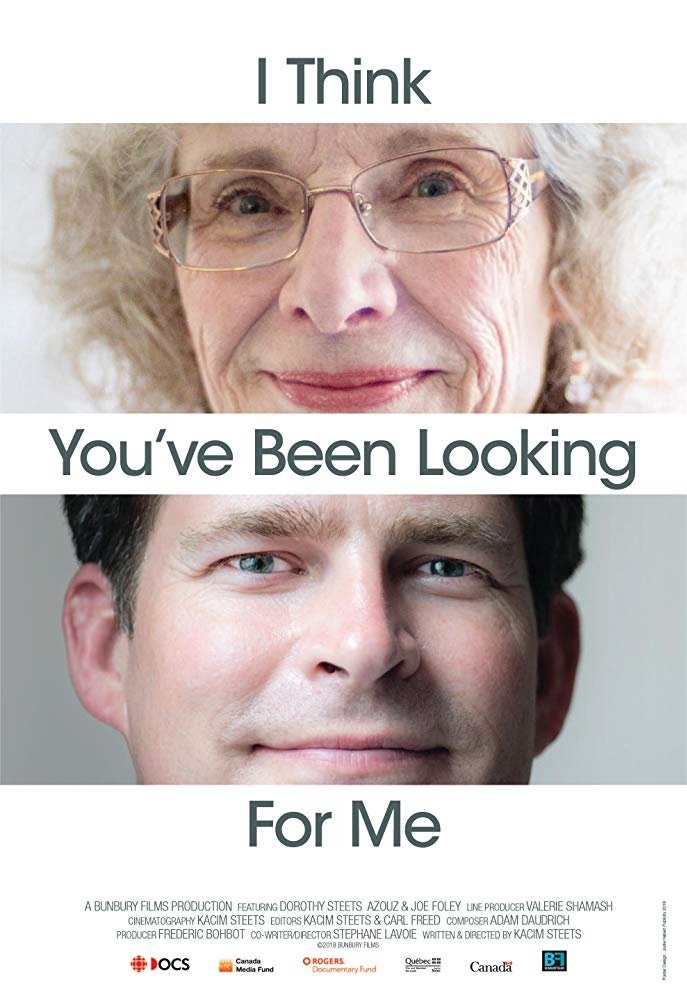 2018-05-01After 48 years of emotional longing, a mother meets her son who she relinquished at birth. In the months after the reunion, Dorothy and Joe must overcome nearly five decades of separation in order to reconnect.
2018-05-01After 48 years of emotional longing, a mother meets her son who she relinquished at birth. In the months after the reunion, Dorothy and Joe must overcome nearly five decades of separation in order to reconnect.Nuclear Savage: The I...
 2011-11-16A shocking political exposé, and an intimate ethnographic portrait of Pacific Islanders struggling for survival, dignity, and justice after decades of top-secret human radiation experiments conducted on them by the U.S. government.
2011-11-16A shocking political exposé, and an intimate ethnographic portrait of Pacific Islanders struggling for survival, dignity, and justice after decades of top-secret human radiation experiments conducted on them by the U.S. government.O Sacrifício do Quart...
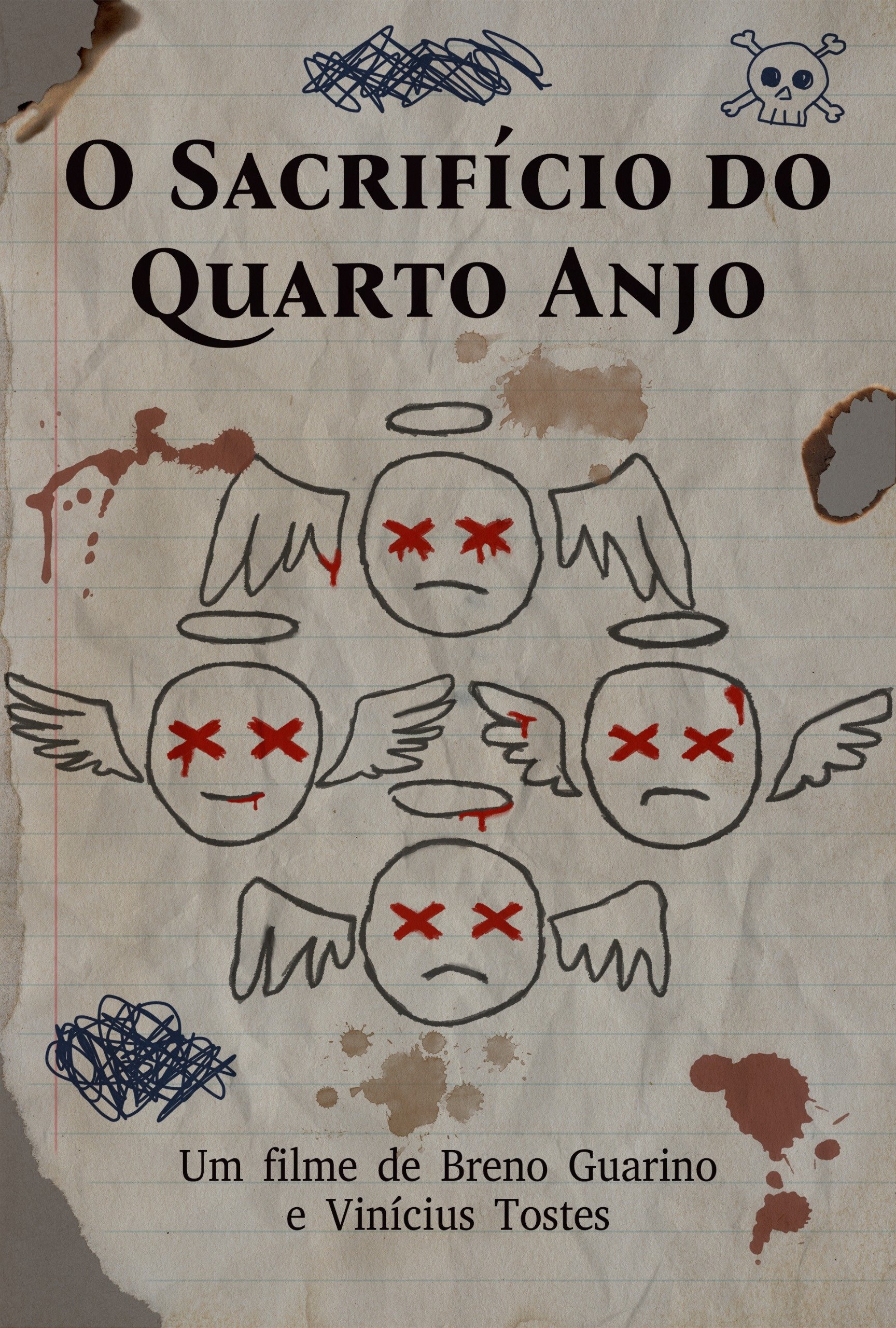 2025-03-15There is no description
2025-03-15There is no descriptionLenin kam nur bis Lüd...
 2008-02-11The free, almost naive view from the perspective of a child puts the "68ers" in a new, illuminating light in the anniversary year 2008. The film is a provocative reckoning with the ideological upbringing that seemed so progressive and yet was suffocated by the children's desire to finally grow up. With an ironic eye and a feuilletonistic style, author Richard David Precht and Cologne documentary film director André Schäfer trace a childhood in the West German provinces - and place the major events of those years in completely different, smaller and very private contexts.
2008-02-11The free, almost naive view from the perspective of a child puts the "68ers" in a new, illuminating light in the anniversary year 2008. The film is a provocative reckoning with the ideological upbringing that seemed so progressive and yet was suffocated by the children's desire to finally grow up. With an ironic eye and a feuilletonistic style, author Richard David Precht and Cologne documentary film director André Schäfer trace a childhood in the West German provinces - and place the major events of those years in completely different, smaller and very private contexts.Into Madness
1989-07-06Initially airing on HBO's "America Undercover" series, this riveting documentary focuses on three families shattered by the psychiatric disorder of schizophrenia. Subjects "Bob," "Missy" and "Steven" have lived for over a decade with schizophrenia. The film documents the difficult day-to-day existence of both those afflicted with this order and the families searching for answers to their loved ones' suffering. This film also shows the varied and variably successful treatment methods for each of the subjects—one is placed in a group home, one is placed in an institution, and one is cared for at home. The documentary was critically acclaimed for its compassionate treatment of mental illness.Core of a Nature
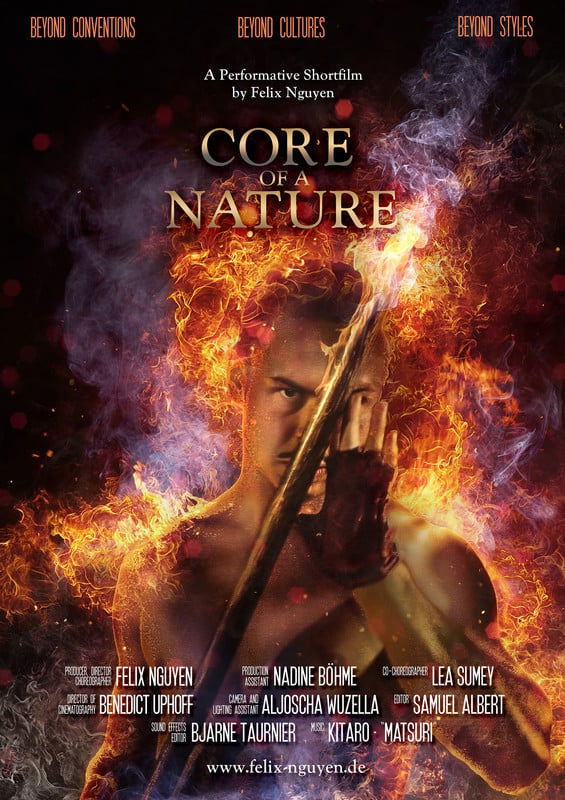 2023-06-17Experience a mystical journey through nature performed by a movement artist. Felix faces the whirling challenges of his inner turbulence with an emotionally charged dynamic, delicate strength, graceful dignity, as well as ecstatic devotion. Behold the fire dancer in the night.
2023-06-17Experience a mystical journey through nature performed by a movement artist. Felix faces the whirling challenges of his inner turbulence with an emotionally charged dynamic, delicate strength, graceful dignity, as well as ecstatic devotion. Behold the fire dancer in the night.Jackass: The Movie
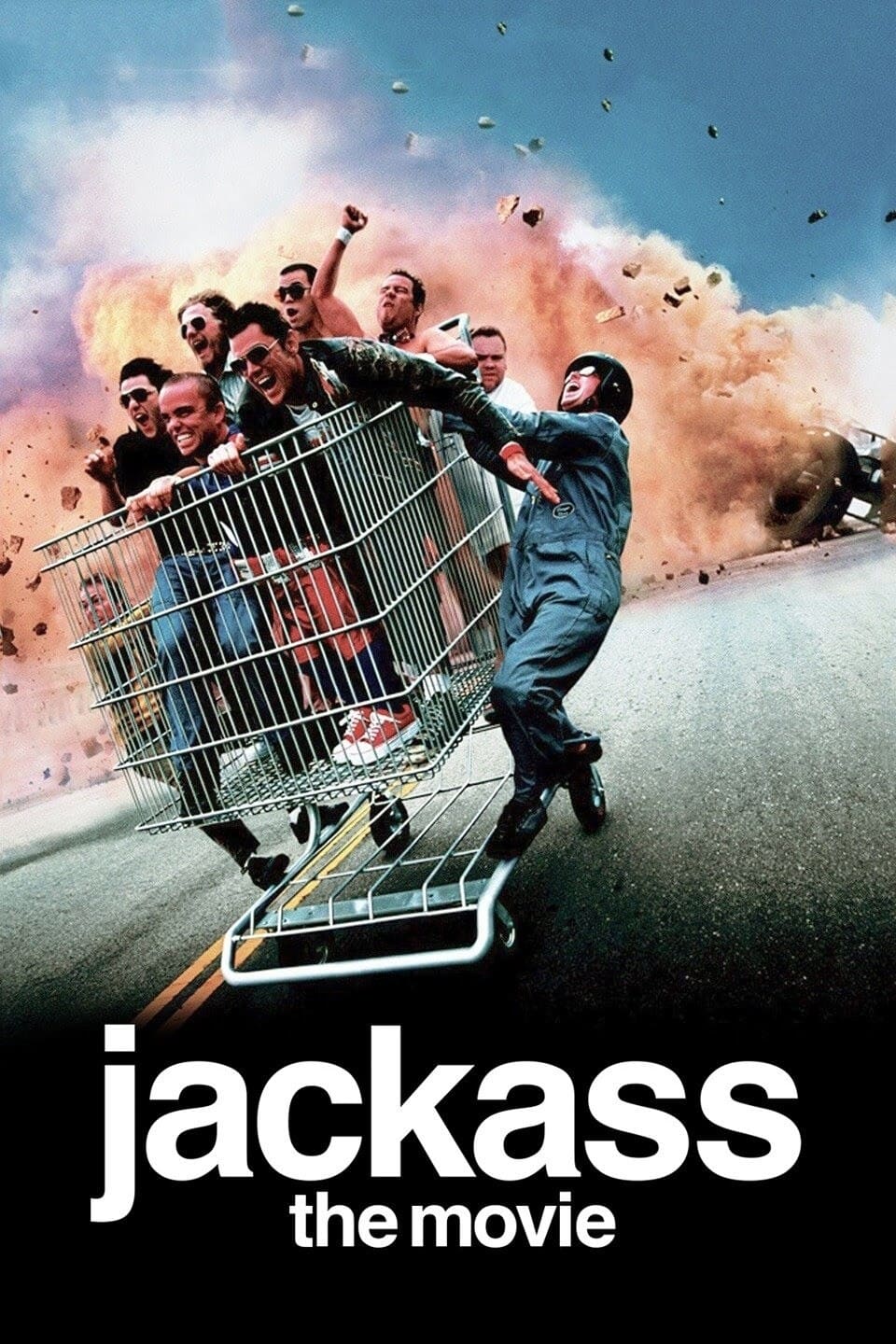 2002-10-25Johnny Knoxville and his band of maniacs perform a variety of stunts and gross-out gags on the big screen for the first time. They wander around Japan in panda outfits, wreak havoc on a once civilized golf course, they even do stunts involving LIVE alligators, and so on.
2002-10-25Johnny Knoxville and his band of maniacs perform a variety of stunts and gross-out gags on the big screen for the first time. They wander around Japan in panda outfits, wreak havoc on a once civilized golf course, they even do stunts involving LIVE alligators, and so on.Otázky pana Lásky
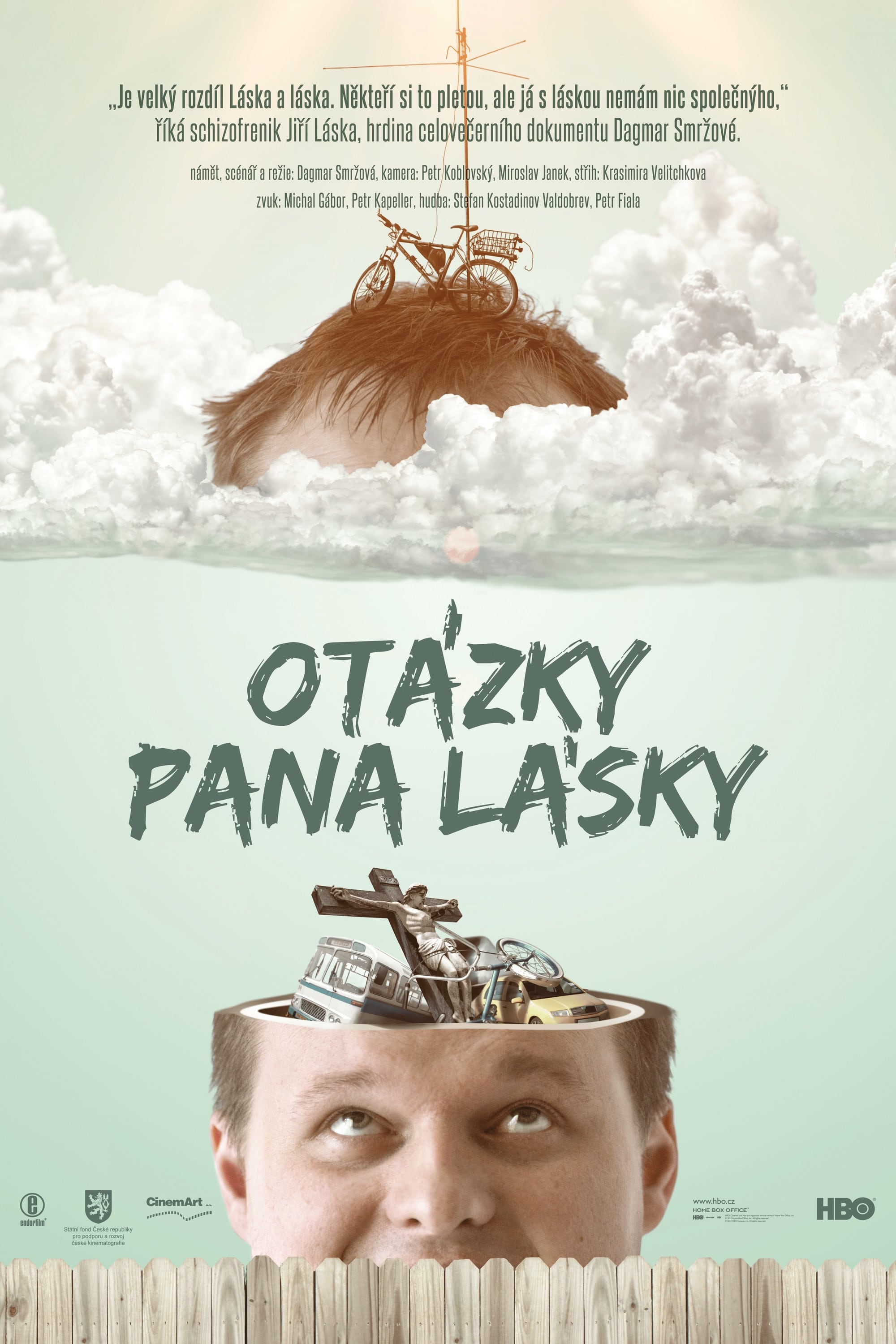 2013-03-14There is no description
2013-03-14There is no descriptionA Life on the Farm
 2023-05-25A strange story from Somerset, England about a filmmaking farmer and the inspiring legacy of his long-lost home movies.
2023-05-25A strange story from Somerset, England about a filmmaking farmer and the inspiring legacy of his long-lost home movies.Bowling for Columbine...
 2002-10-09This is not a film about gun control. It is a film about the fearful heart and soul of the United States, and the 280 million Americans lucky enough to have the right to a constitutionally protected Uzi. From a look at the Columbine High School security camera tapes to the home of Oscar-winning NRA President Charlton Heston, from a young man who makes homemade napalm with The Anarchist's Cookbook to the murder of a six-year-old girl by another six-year-old. Bowling for Columbine is a journey through the US, through our past, hoping to discover why our pursuit of happiness is so riddled with violence.
2002-10-09This is not a film about gun control. It is a film about the fearful heart and soul of the United States, and the 280 million Americans lucky enough to have the right to a constitutionally protected Uzi. From a look at the Columbine High School security camera tapes to the home of Oscar-winning NRA President Charlton Heston, from a young man who makes homemade napalm with The Anarchist's Cookbook to the murder of a six-year-old girl by another six-year-old. Bowling for Columbine is a journey through the US, through our past, hoping to discover why our pursuit of happiness is so riddled with violence.The Surgery Ship
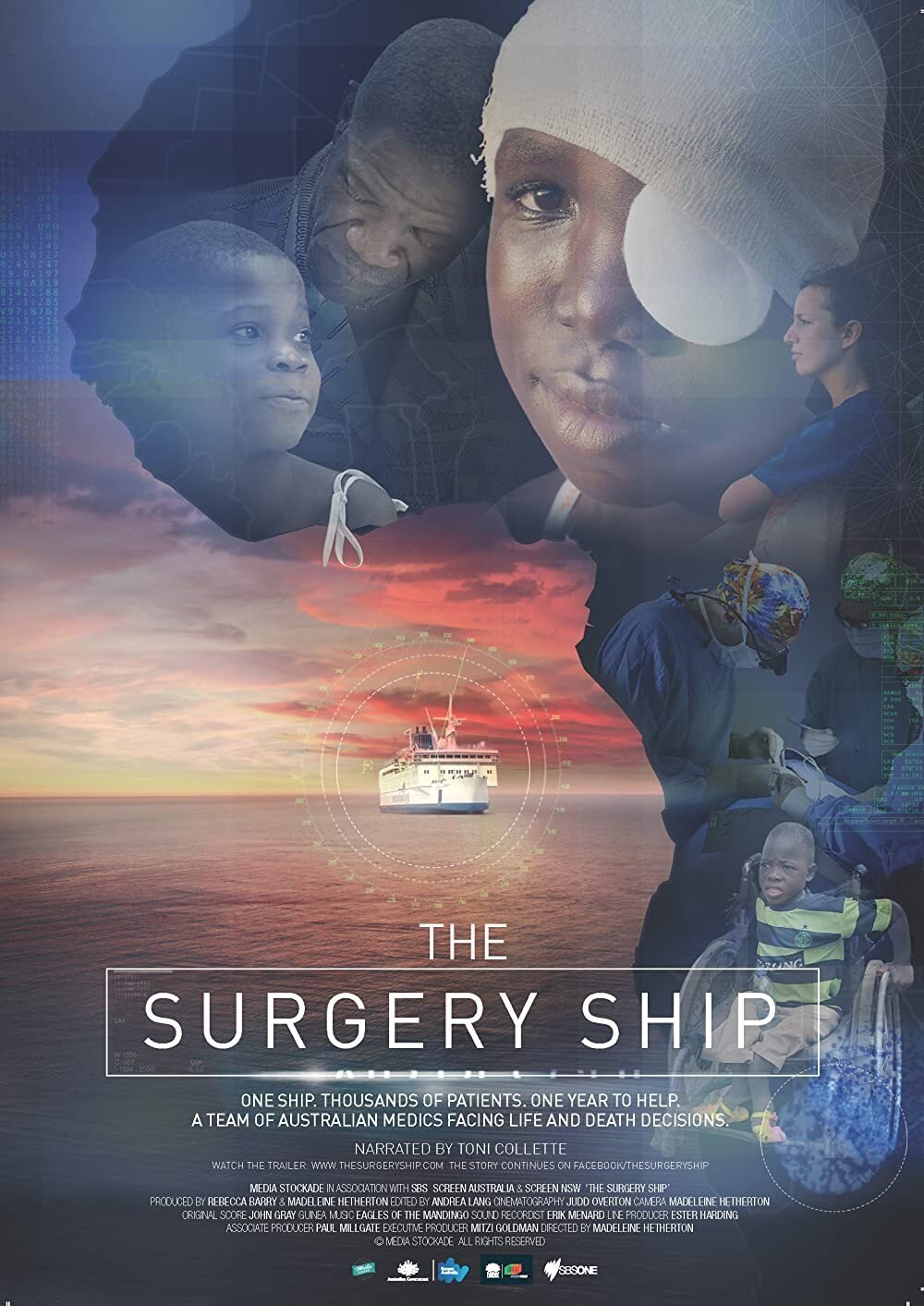 2015-04-11A team of volunteer doctors and nurses are on board a unique ship. Crammed with medical supplies and volunteer medics, this floating hospital sails to the poorest nations on earth. This year they sail for Guinea on the West African Coast. On arrival they will face the most severe of medical issues, not seen in other parts of the world. But the medical challenges are only half of the story. They will confront ethical decisions as they decide who will be helped and who will not. This is a searing, complex journey for the volunteer medics, as they deal with life and death cases - and balance the fates of these patients in their hands.
2015-04-11A team of volunteer doctors and nurses are on board a unique ship. Crammed with medical supplies and volunteer medics, this floating hospital sails to the poorest nations on earth. This year they sail for Guinea on the West African Coast. On arrival they will face the most severe of medical issues, not seen in other parts of the world. But the medical challenges are only half of the story. They will confront ethical decisions as they decide who will be helped and who will not. This is a searing, complex journey for the volunteer medics, as they deal with life and death cases - and balance the fates of these patients in their hands.Today is the First Da...
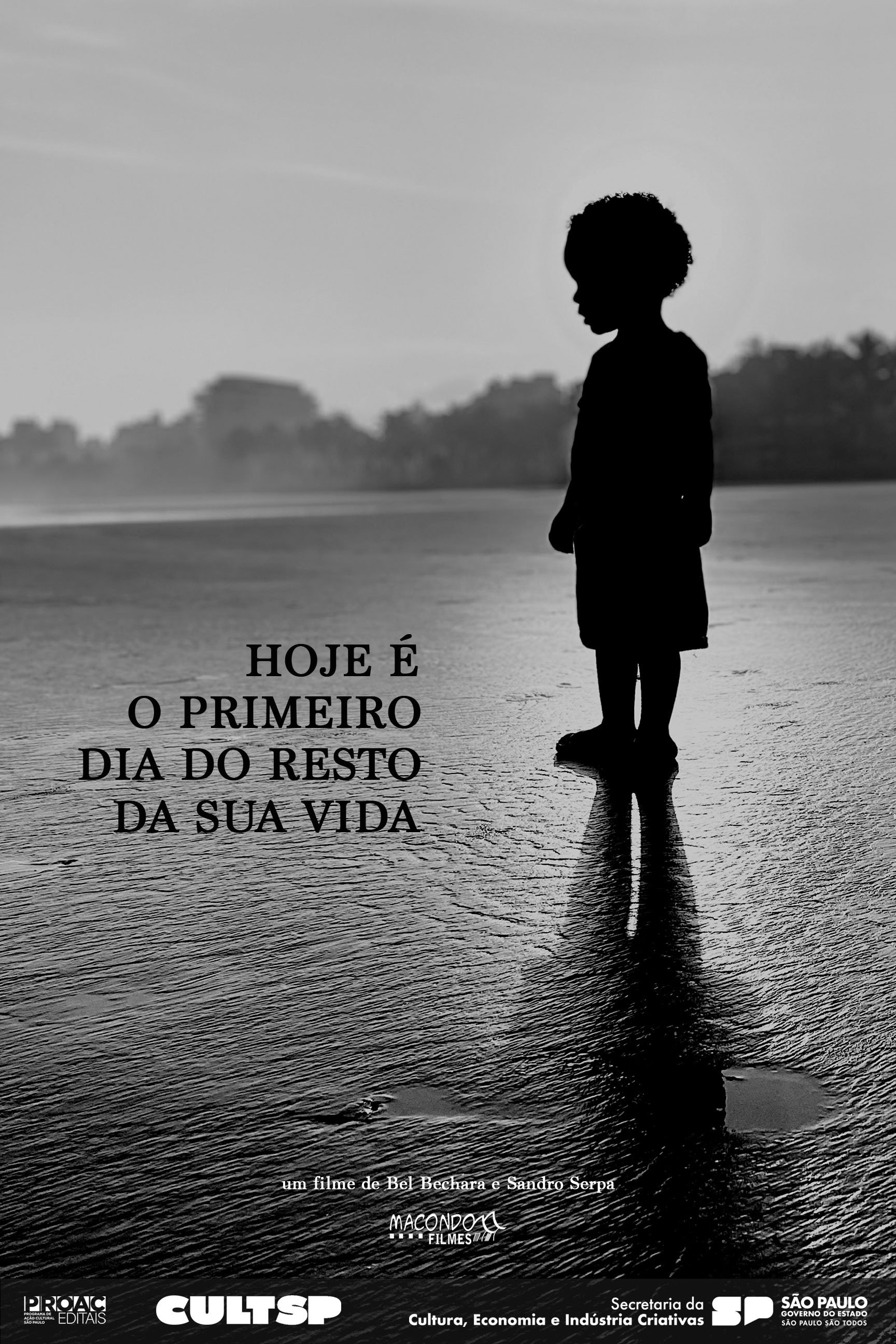 2024-04-09During the pandemic, living under an extreme right-wing government, filmmakers Bel Bechara and Sandro Serpa receive the news that would change their lives: there was a baby to be adopted.
2024-04-09During the pandemic, living under an extreme right-wing government, filmmakers Bel Bechara and Sandro Serpa receive the news that would change their lives: there was a baby to be adopted.The Hatchet Wielding ...
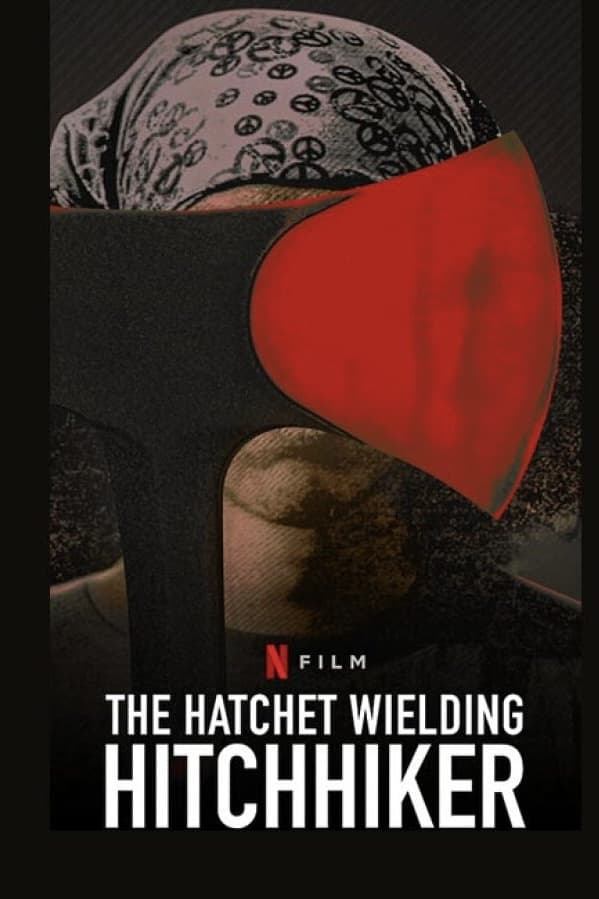 2023-01-10After Kai saves a woman's life, he turns into an overnight hero and viral sensation — until disturbing truths about his erratic behavior come to light. This shocking documentary chronicles a happy-go-lucky nomad's ascent to viral stardom and the resulting steep downward spiral.
2023-01-10After Kai saves a woman's life, he turns into an overnight hero and viral sensation — until disturbing truths about his erratic behavior come to light. This shocking documentary chronicles a happy-go-lucky nomad's ascent to viral stardom and the resulting steep downward spiral.Next Summer
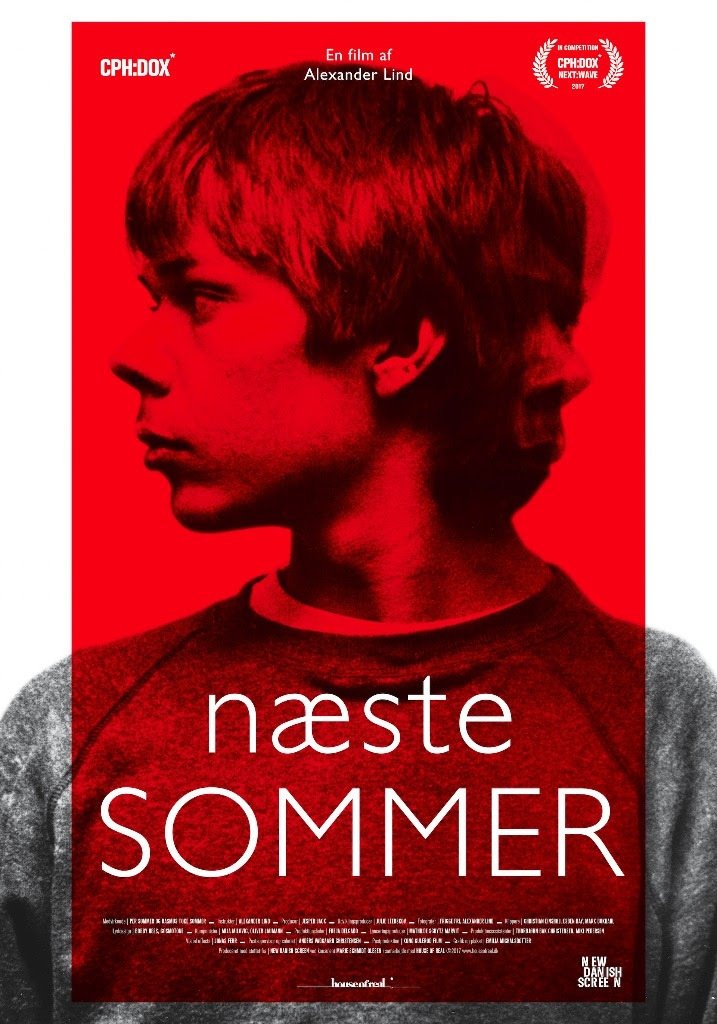 2017-03-21When Rasmus was 15, his mother and siblings moved from the island Bornholm and left Rasmus with his mentally ill father. Influenced by his father's insecurity, anger and failure, Rasmus chooses to move from Bornholm at the age of 18. Two years later, Rasmus is trying to see if a reunion is possible, but in order to forgive and create a new relationship, father and son must go on a common journey that requires extreme courage and determination to succeed.
2017-03-21When Rasmus was 15, his mother and siblings moved from the island Bornholm and left Rasmus with his mentally ill father. Influenced by his father's insecurity, anger and failure, Rasmus chooses to move from Bornholm at the age of 18. Two years later, Rasmus is trying to see if a reunion is possible, but in order to forgive and create a new relationship, father and son must go on a common journey that requires extreme courage and determination to succeed.The Last Shore
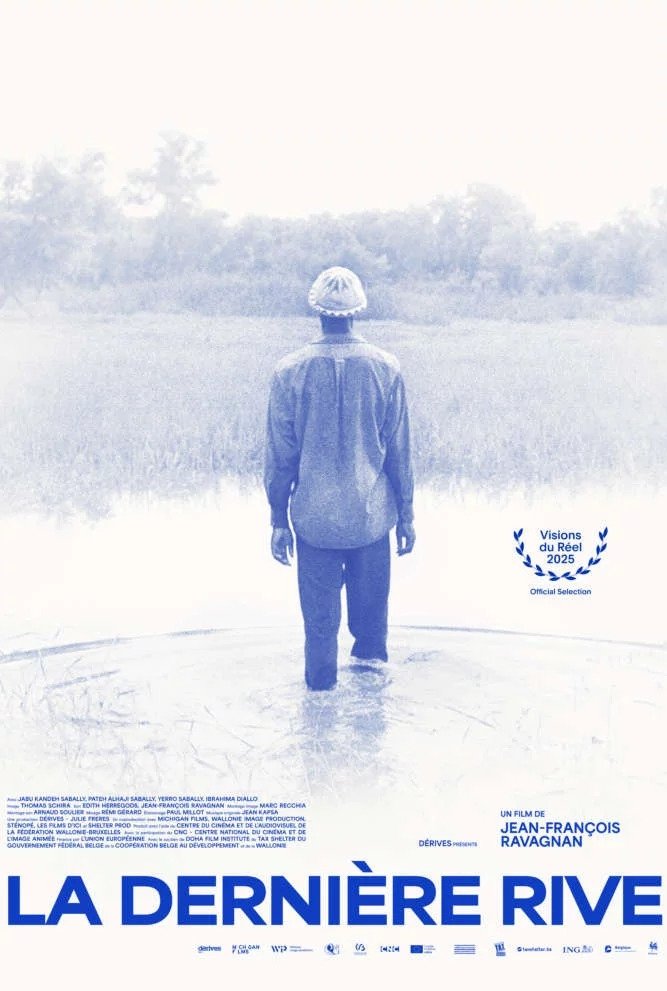 2025-04-10In January 2017, a video showing a young Gambian man named Pateh Sabally drowning in the waters of Venice’s Grand Canal went viral on social networks. From the shore, passers-by could be heard insulting him, rather than attempting to help. 4,000 kilometres away, the voices and faces of his family tell the story that preceded this tragedy, the story behind the images.
2025-04-10In January 2017, a video showing a young Gambian man named Pateh Sabally drowning in the waters of Venice’s Grand Canal went viral on social networks. From the shore, passers-by could be heard insulting him, rather than attempting to help. 4,000 kilometres away, the voices and faces of his family tell the story that preceded this tragedy, the story behind the images.Executing the Insane:...
2007-01-01Scott Panetti was tried for the capital murder of his parents-in-law on September 8, 1992 in Gillespie County, Texas. He was subsequently sentenced to death on September 22, 1995. Panetti has an extensive history of mental illness, including schizophrenia, manic depression, auditory hallucinations and paranoia. Panetti was hospitalized, both voluntarily and involuntarily for mental illness fourteen times in six different hospitals before his arrest for capital murder in 1992. Following his conviction, Panetti’s former wife, and daughter of the victims, Sonja Alvarado, filed a petition stating that Panetti never should have been tried for the crimes as he was suffering from paranoid delusions at the time of the killings.Four Daughters
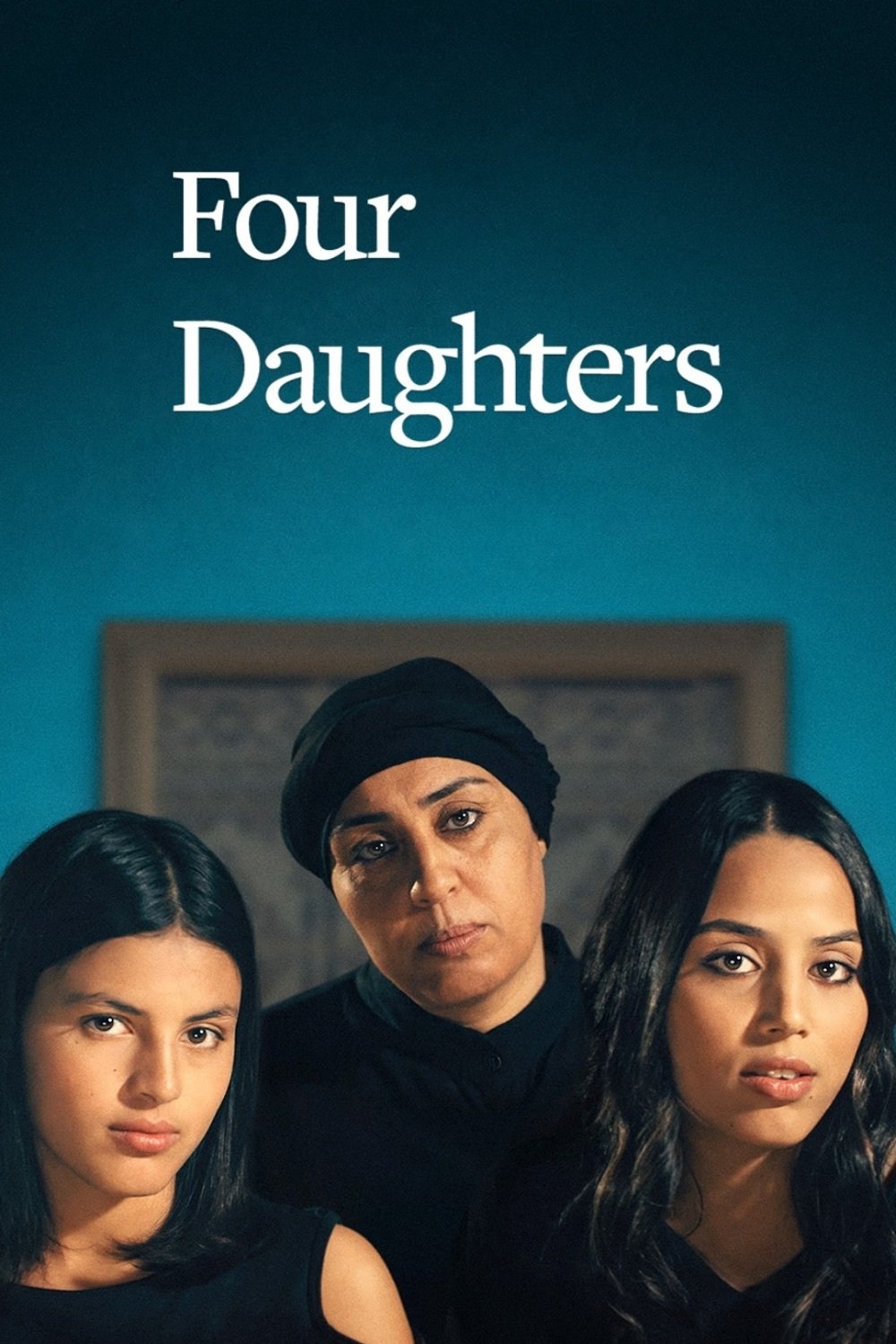 2023-07-05Between light and darkness stands Olfa, a Tunisian woman and the mother of four daughters. One day, her two older daughters disappear. To fill in their absence, the filmmaker Kaouther Ben Hania invites professional actresses and invents a unique cinema experience that will lift the veil on Olfa and her daughters' life stories. An intimate journey of hope, rebellion, violence, transmission and sisterhood that will question the very foundations of our societies.
2023-07-05Between light and darkness stands Olfa, a Tunisian woman and the mother of four daughters. One day, her two older daughters disappear. To fill in their absence, the filmmaker Kaouther Ben Hania invites professional actresses and invents a unique cinema experience that will lift the veil on Olfa and her daughters' life stories. An intimate journey of hope, rebellion, violence, transmission and sisterhood that will question the very foundations of our societies.De Laatste Dagen van ...
 2018-02-16There is no description
2018-02-16There is no description
